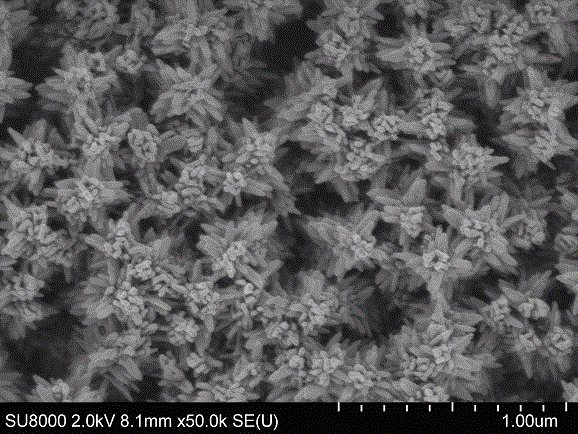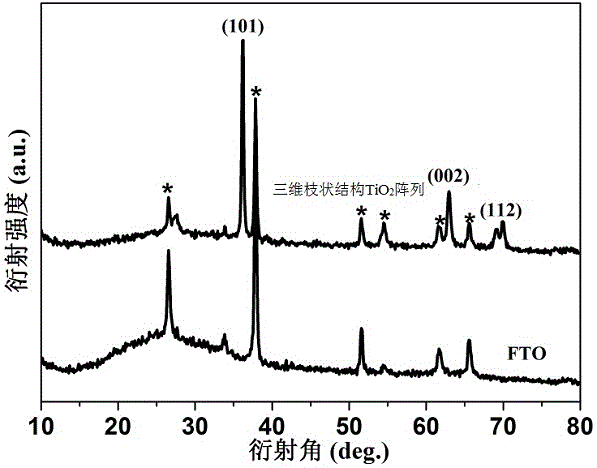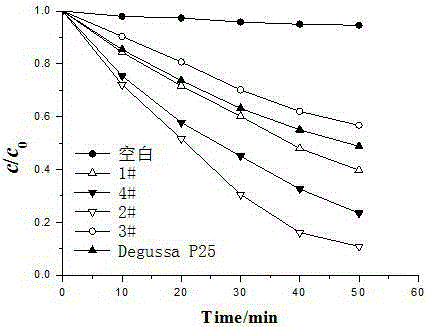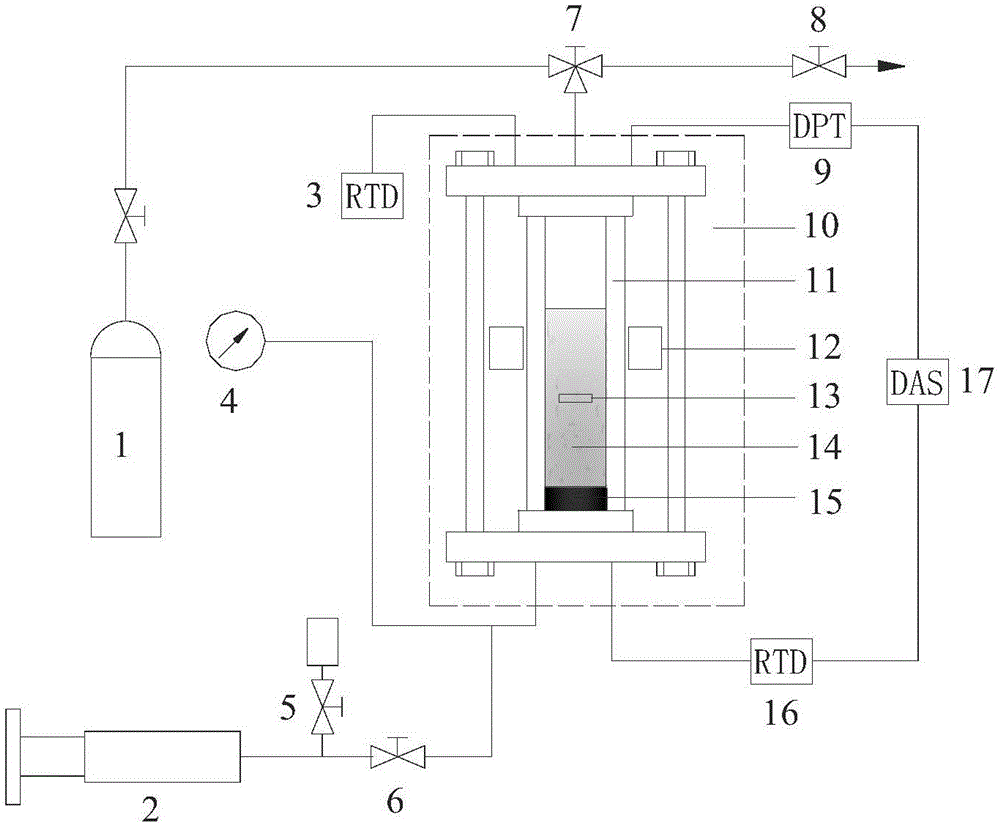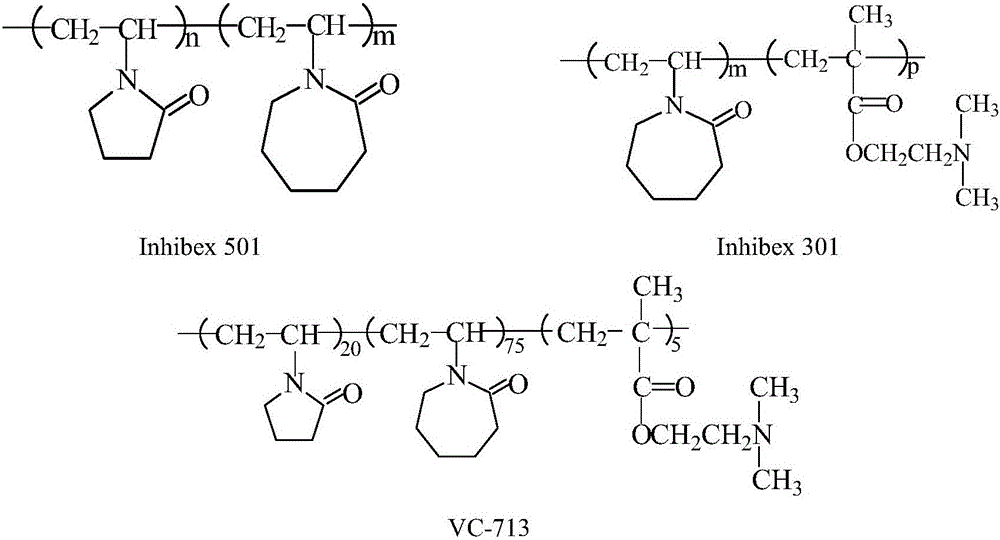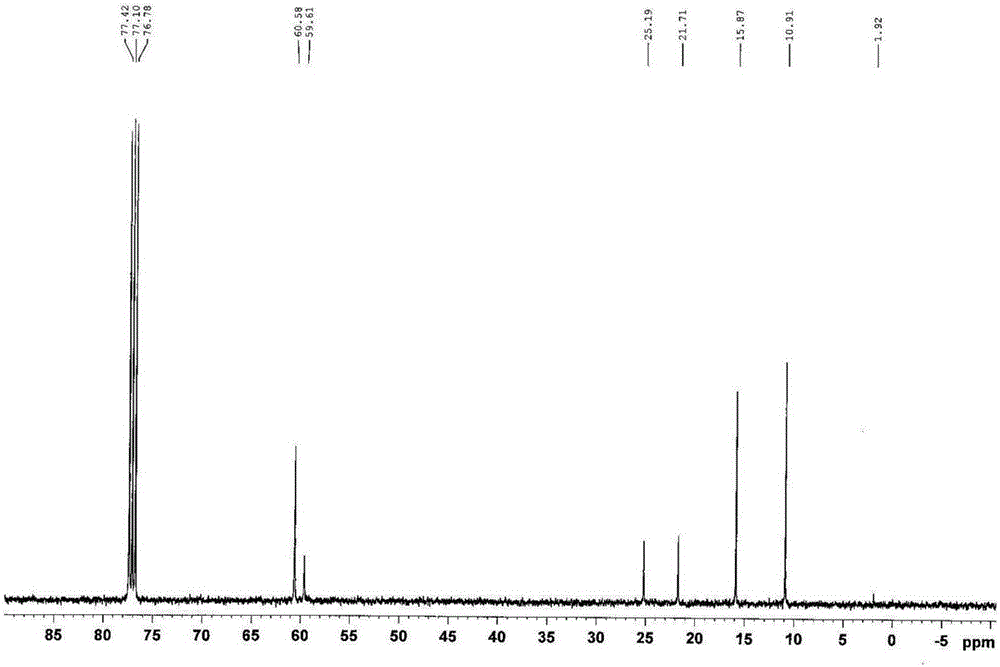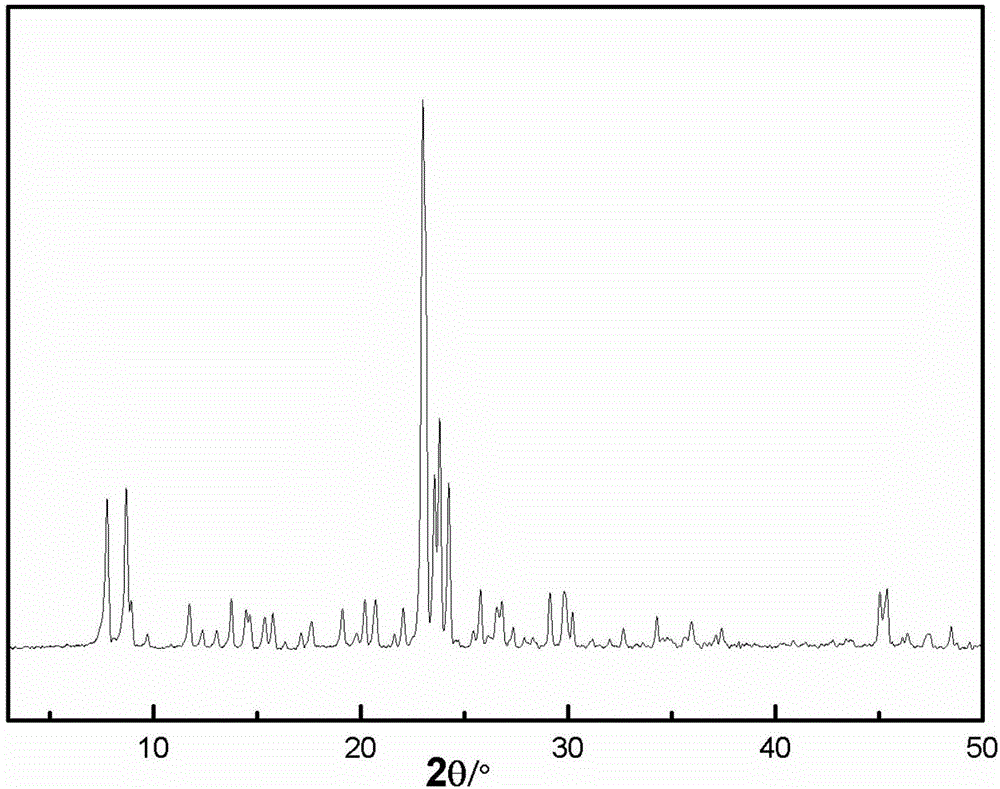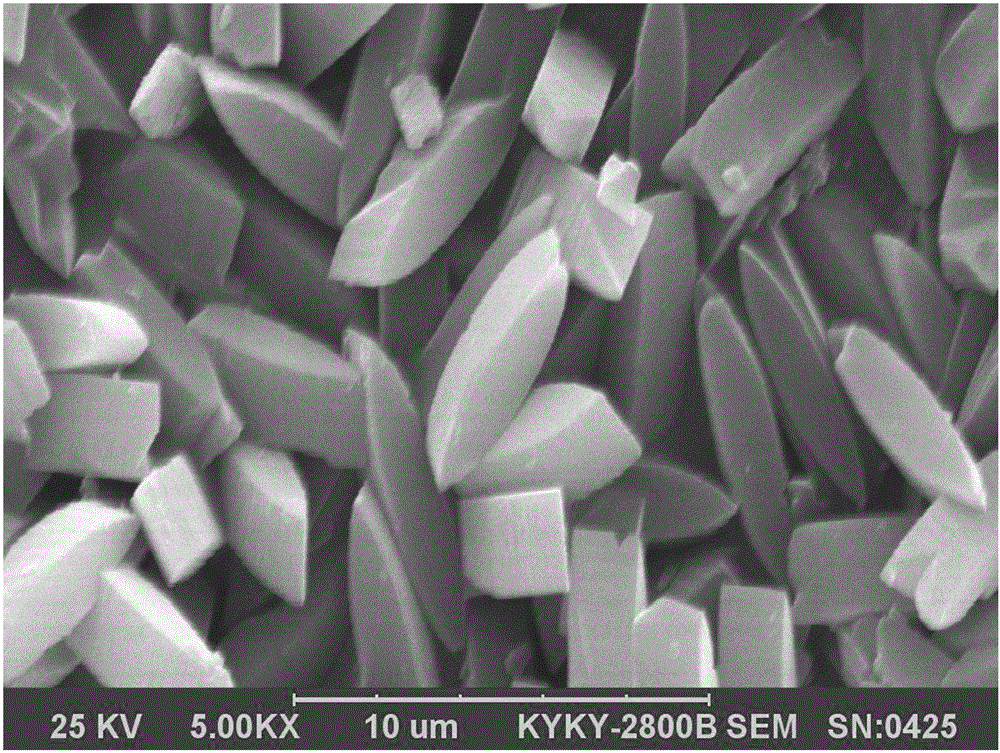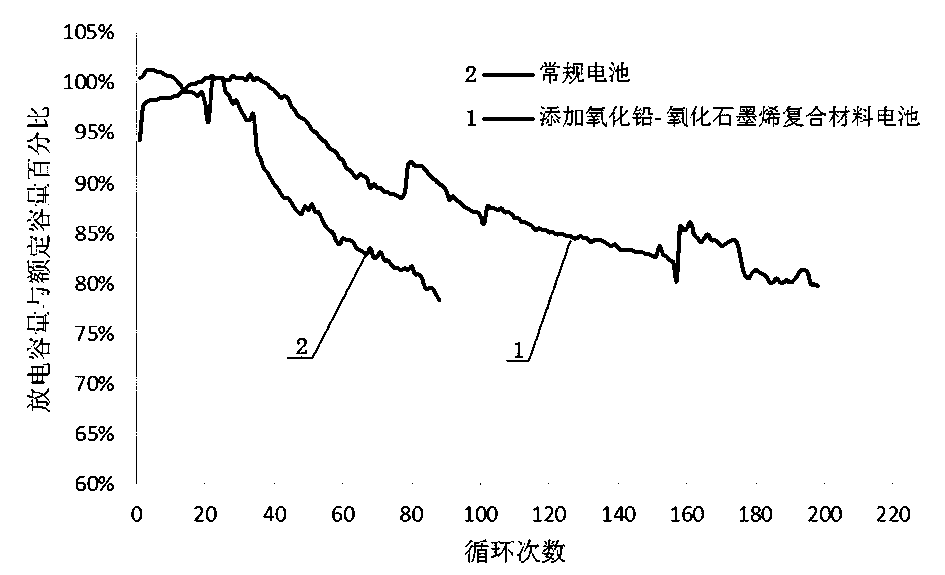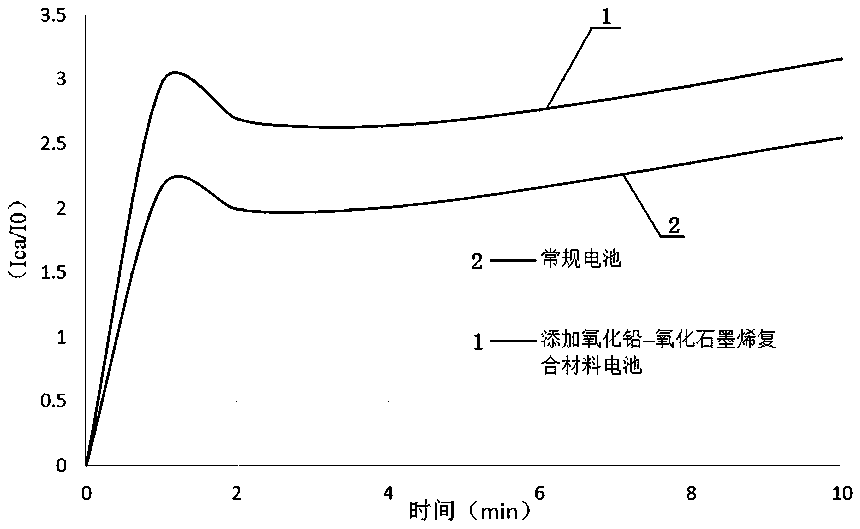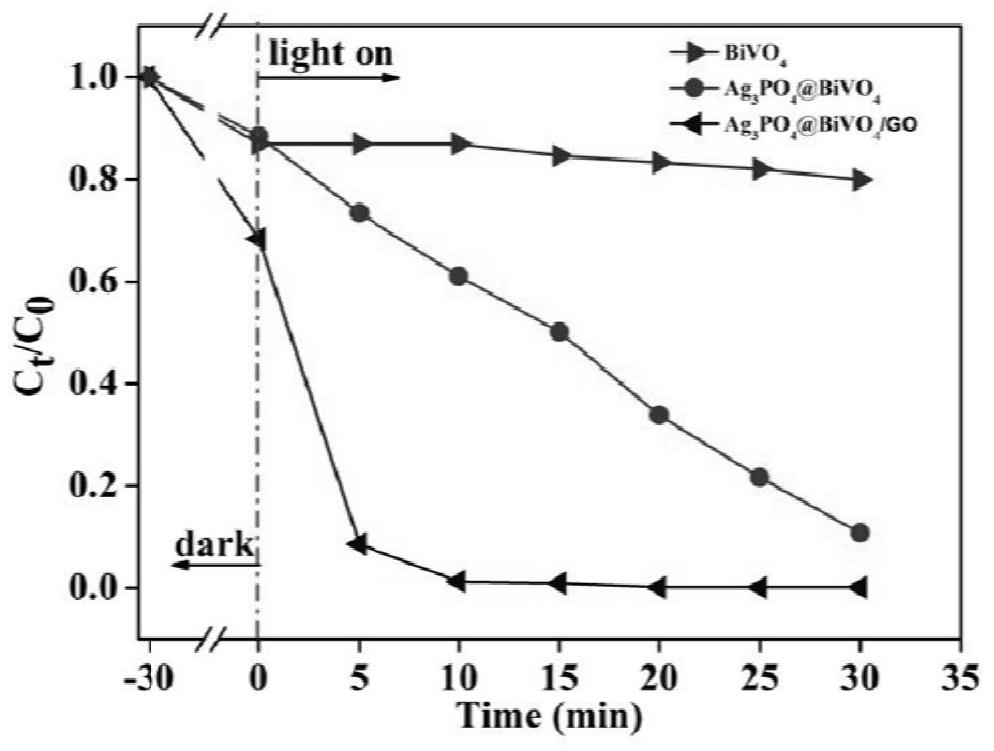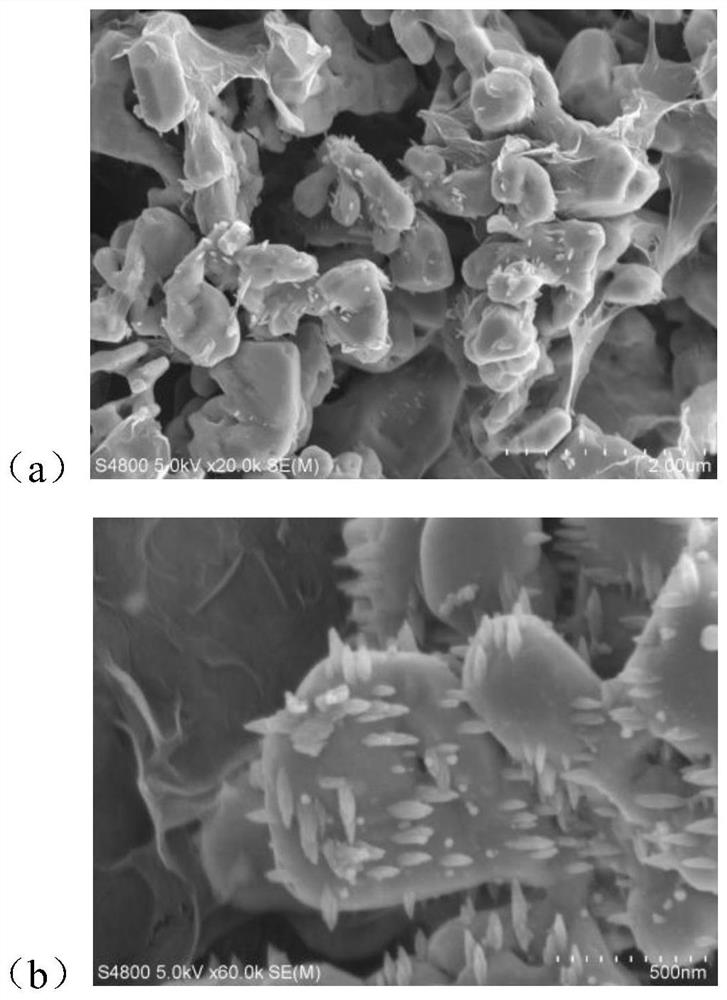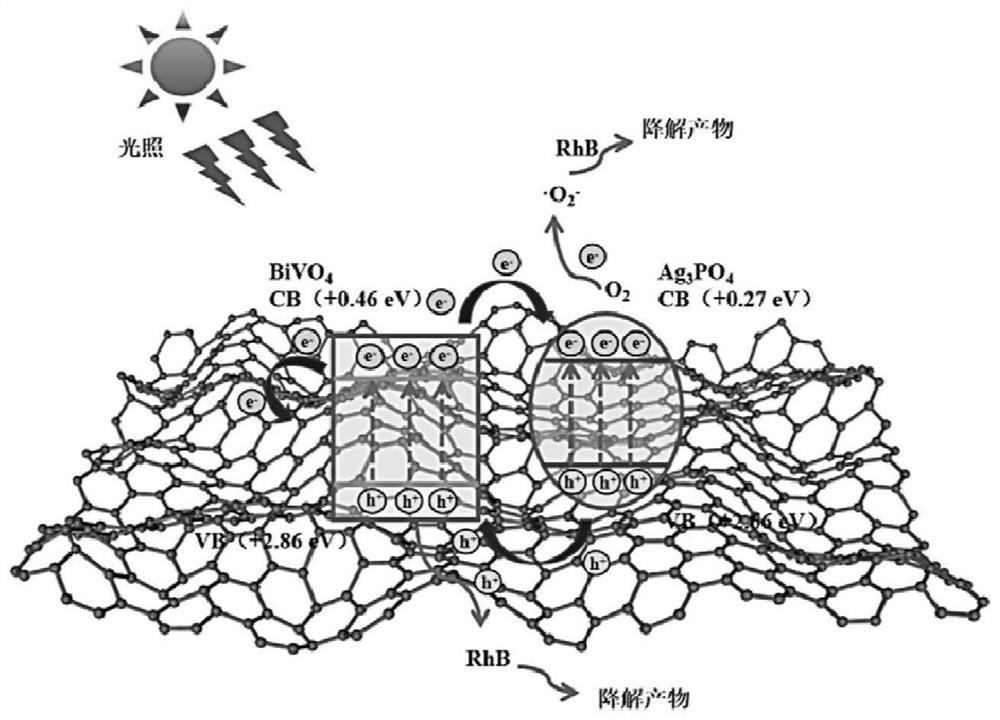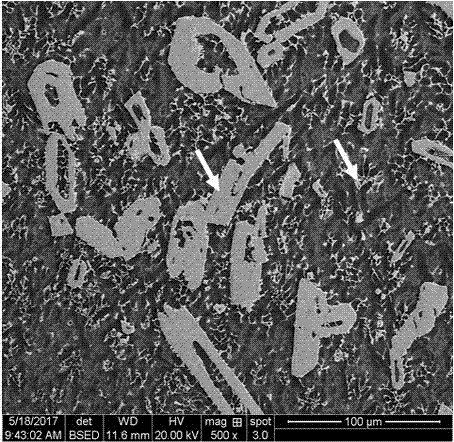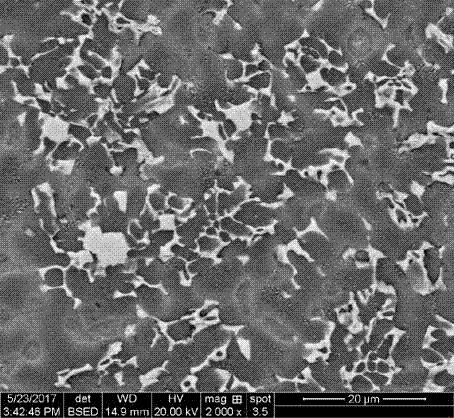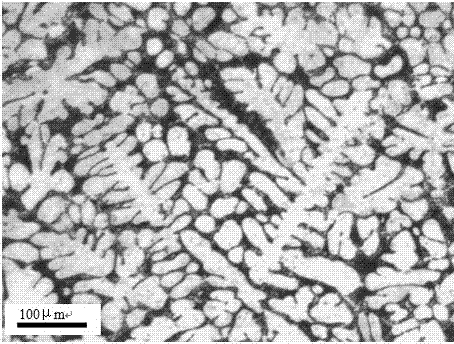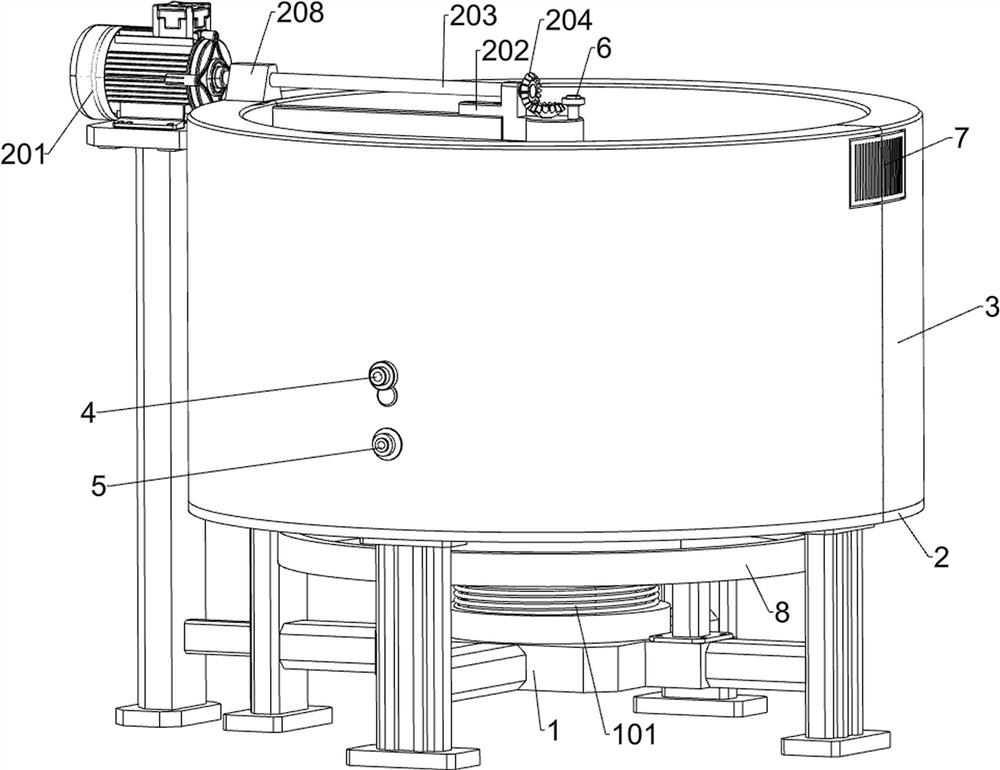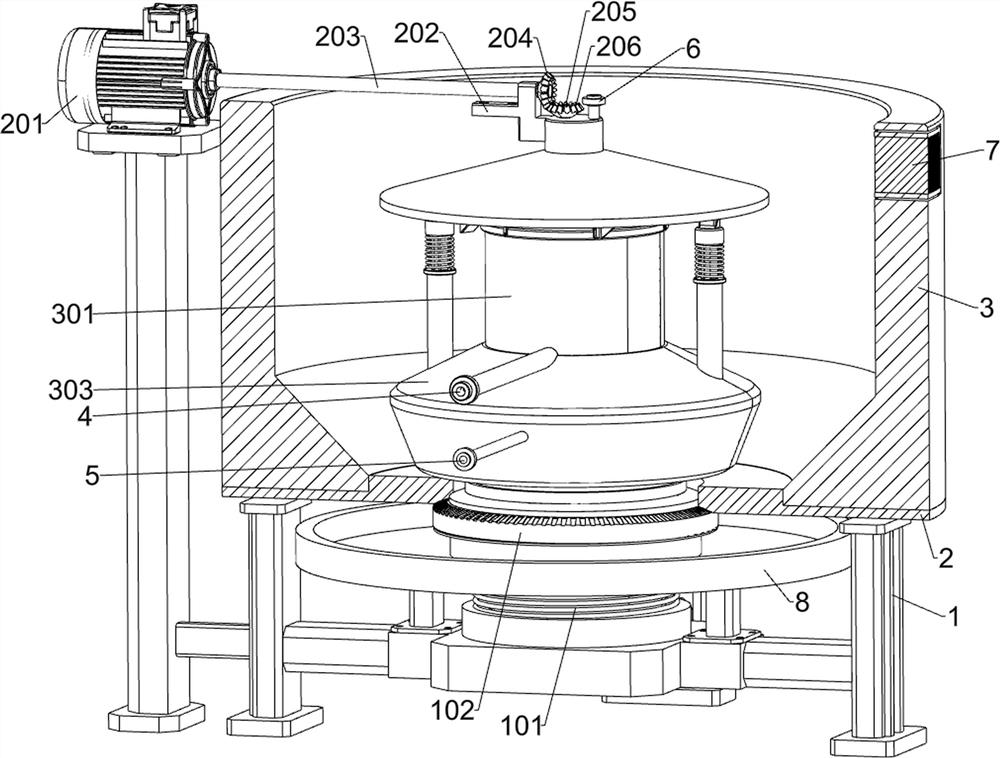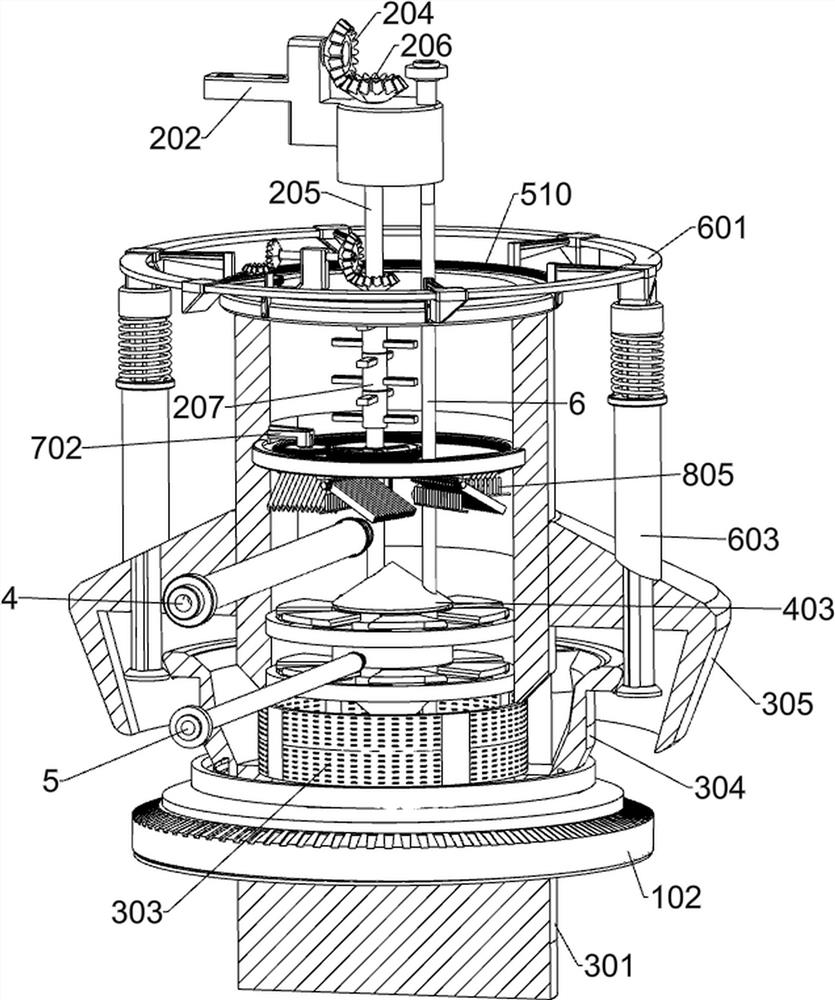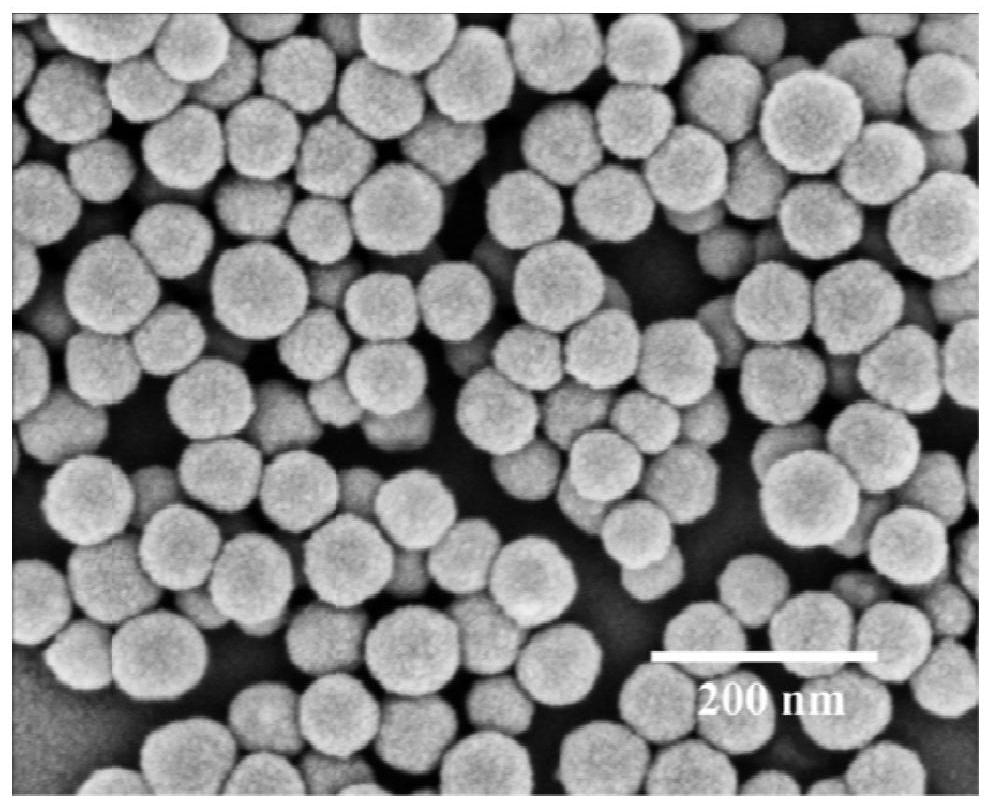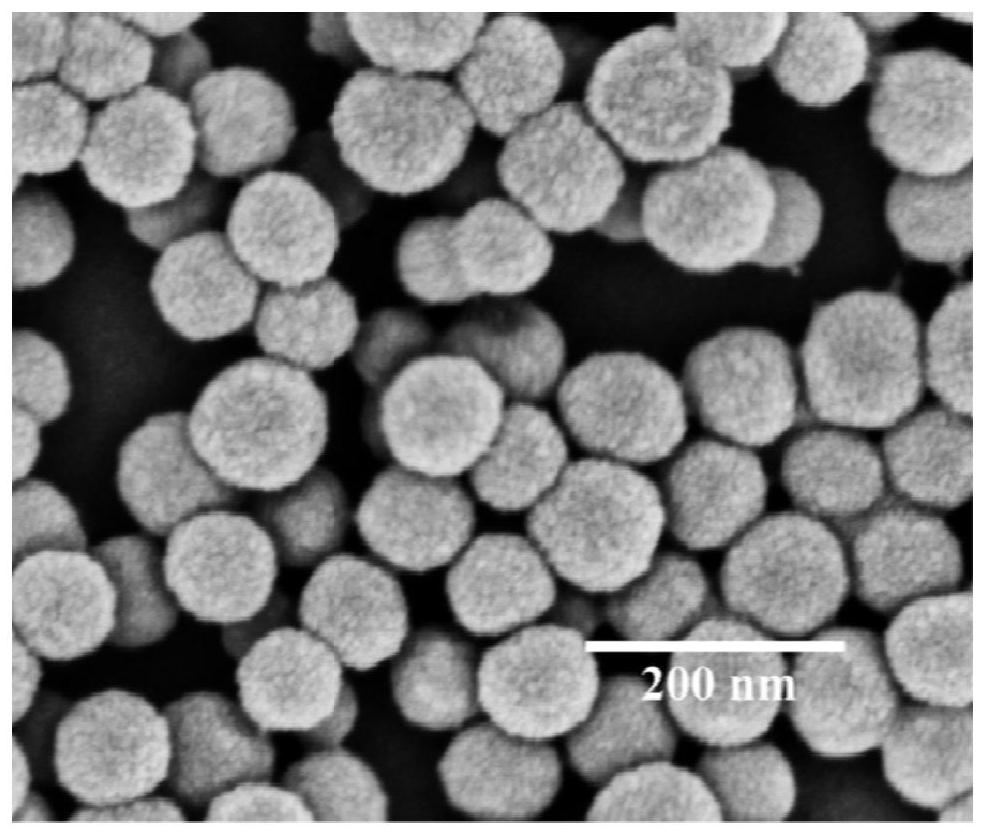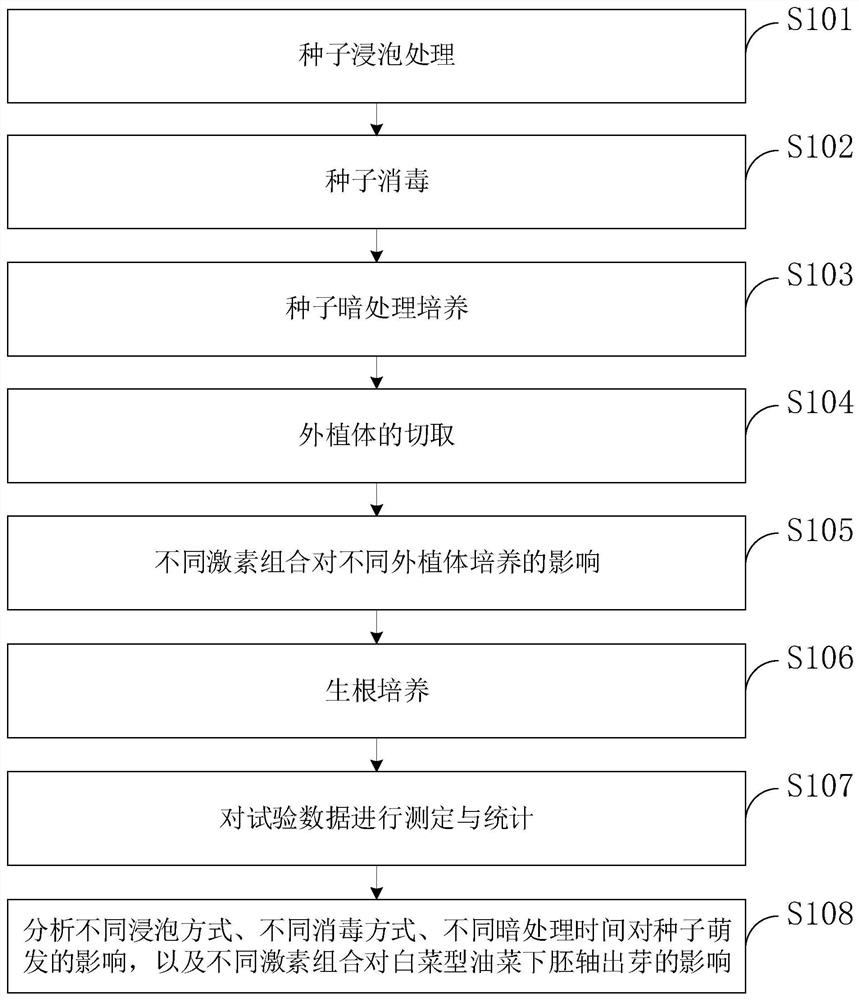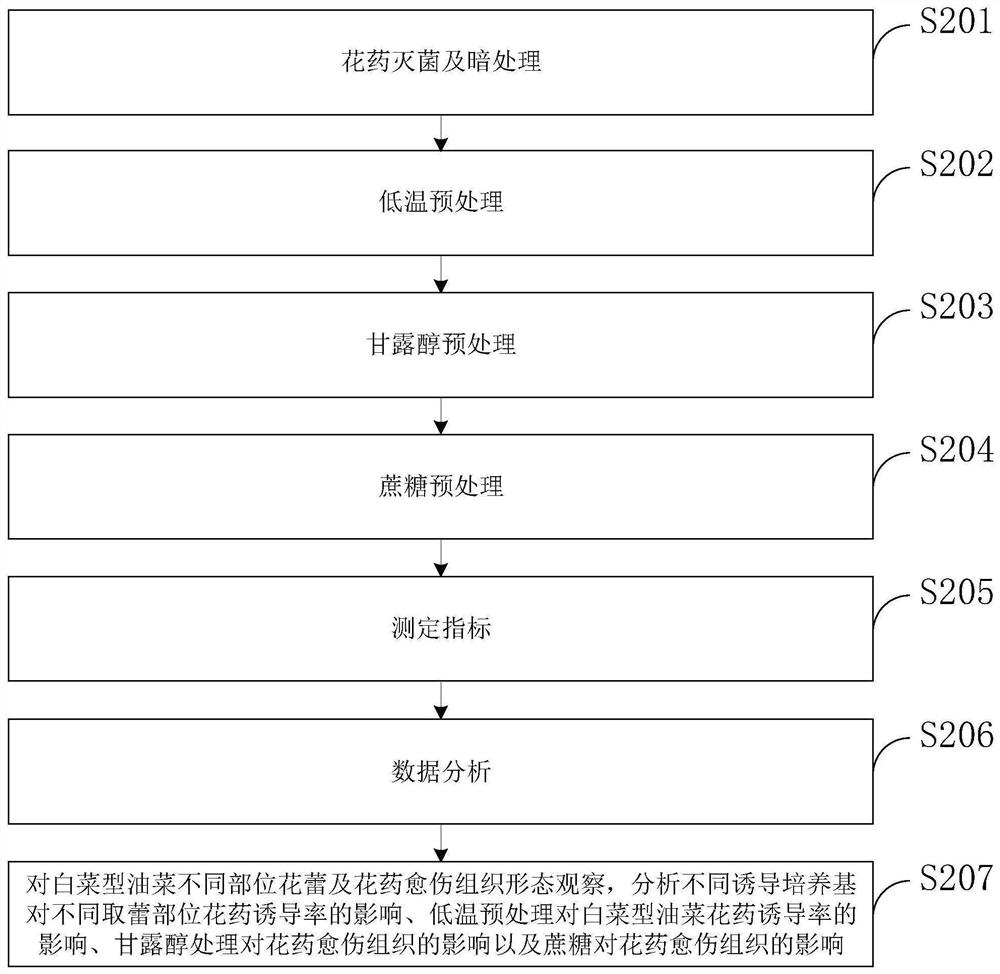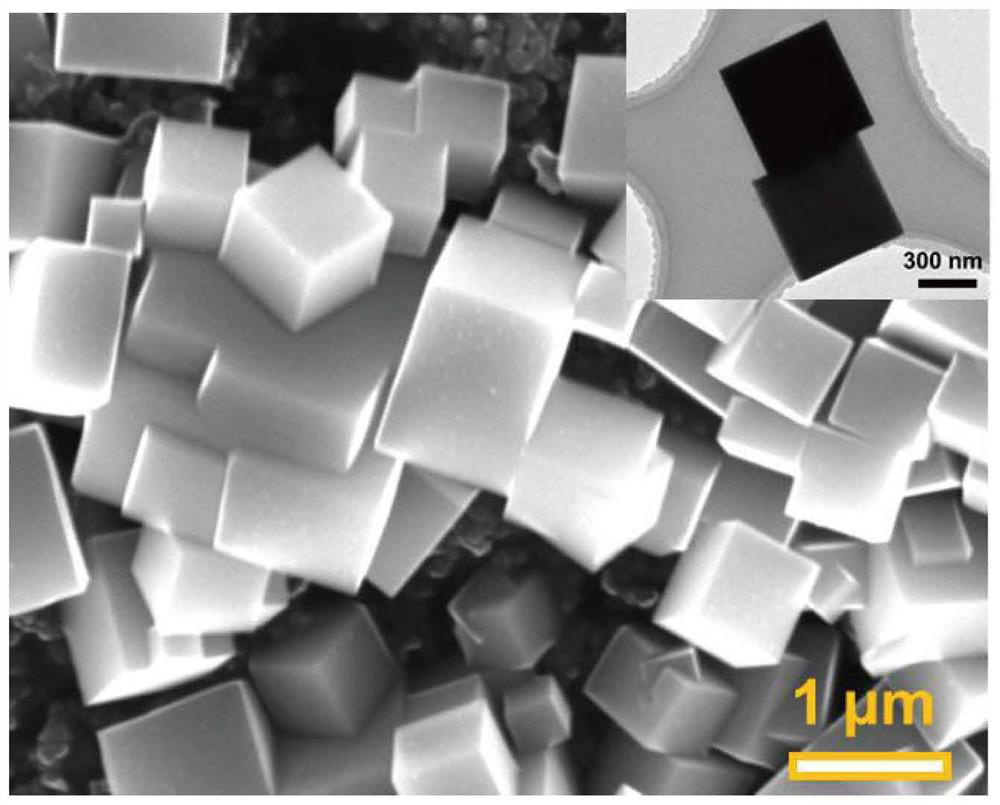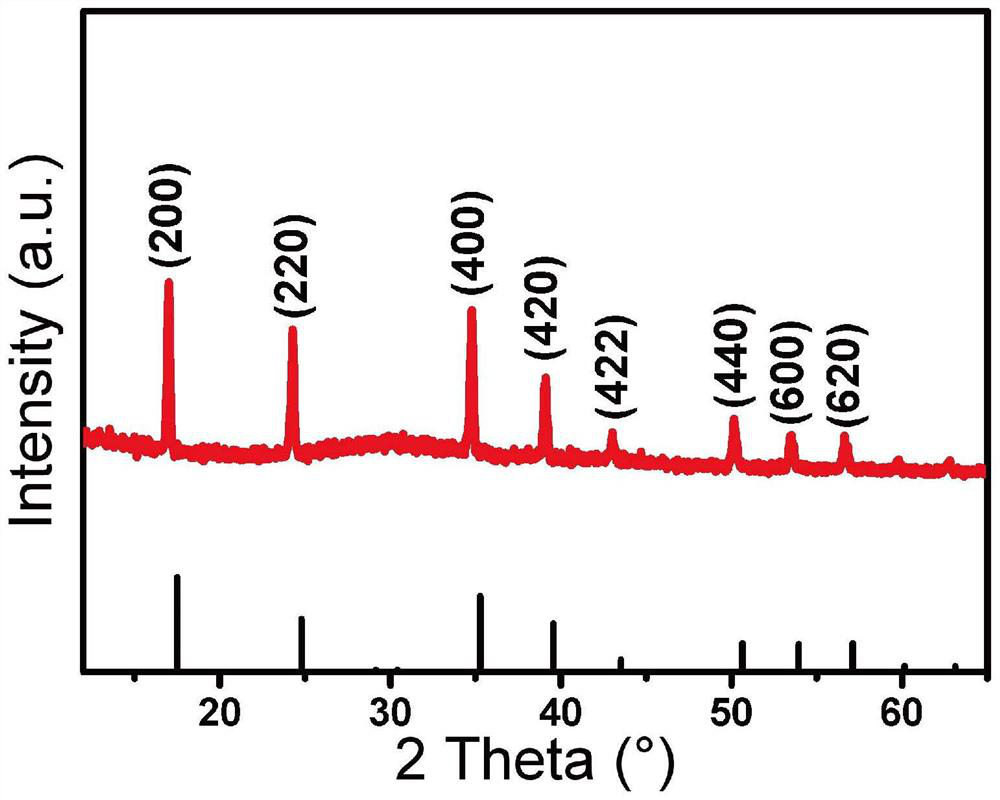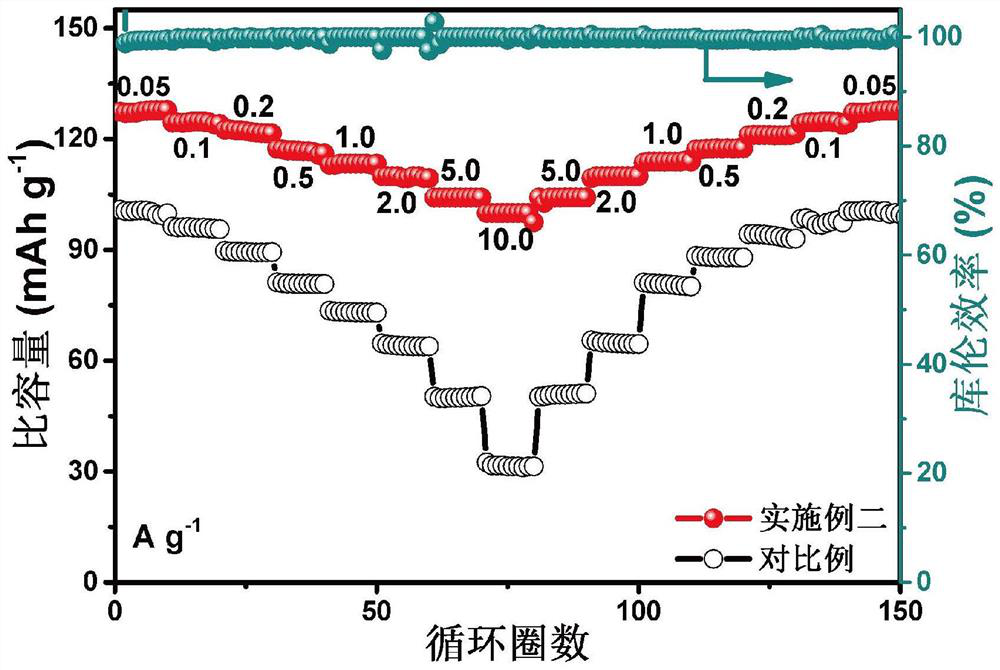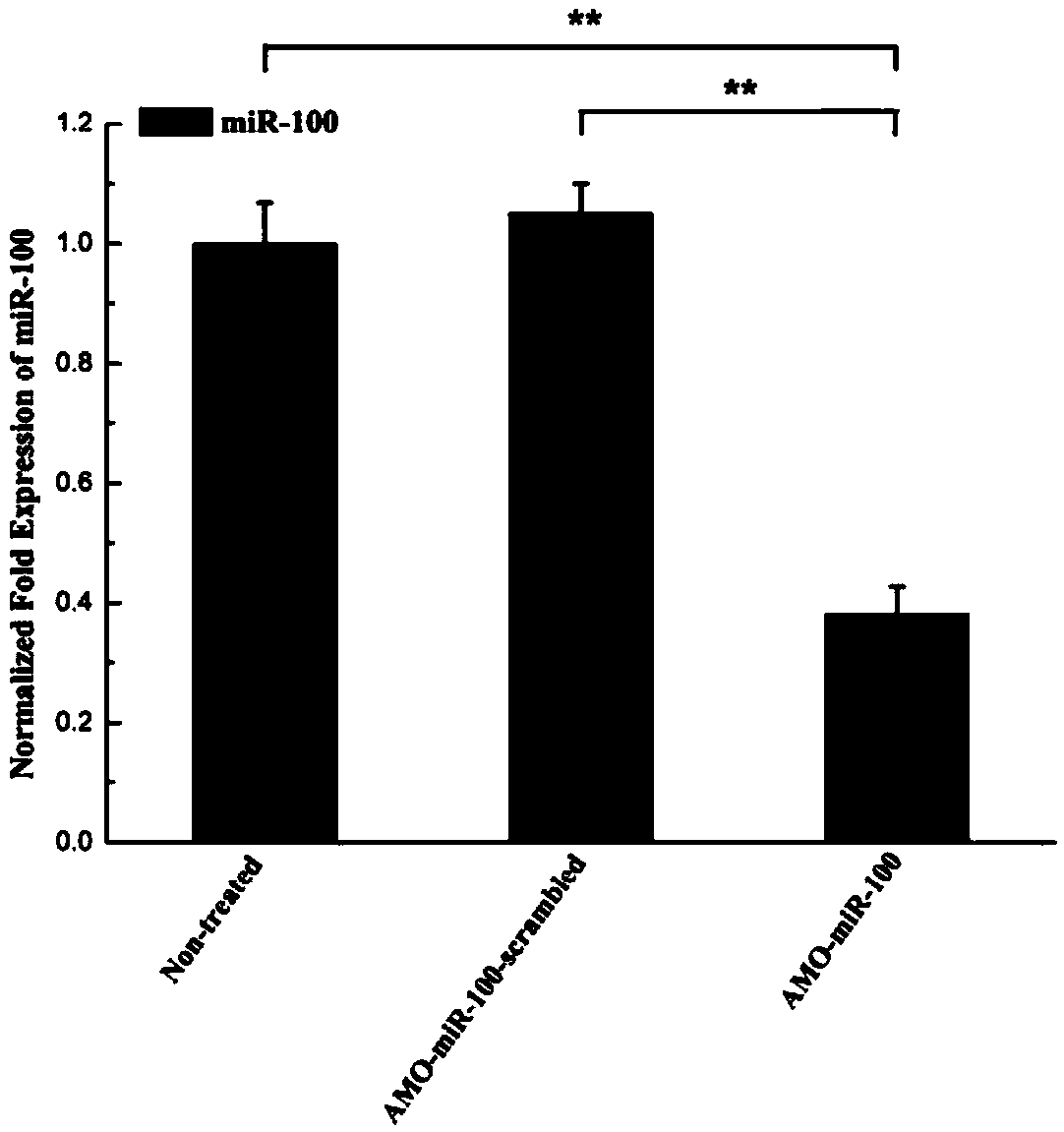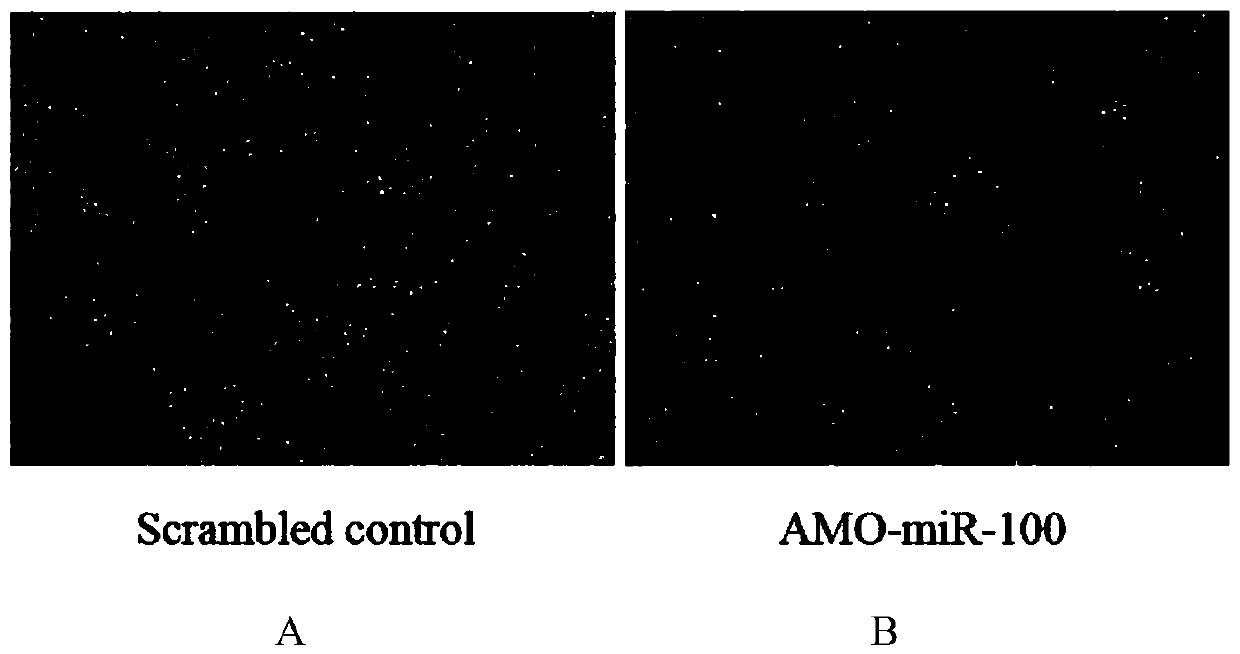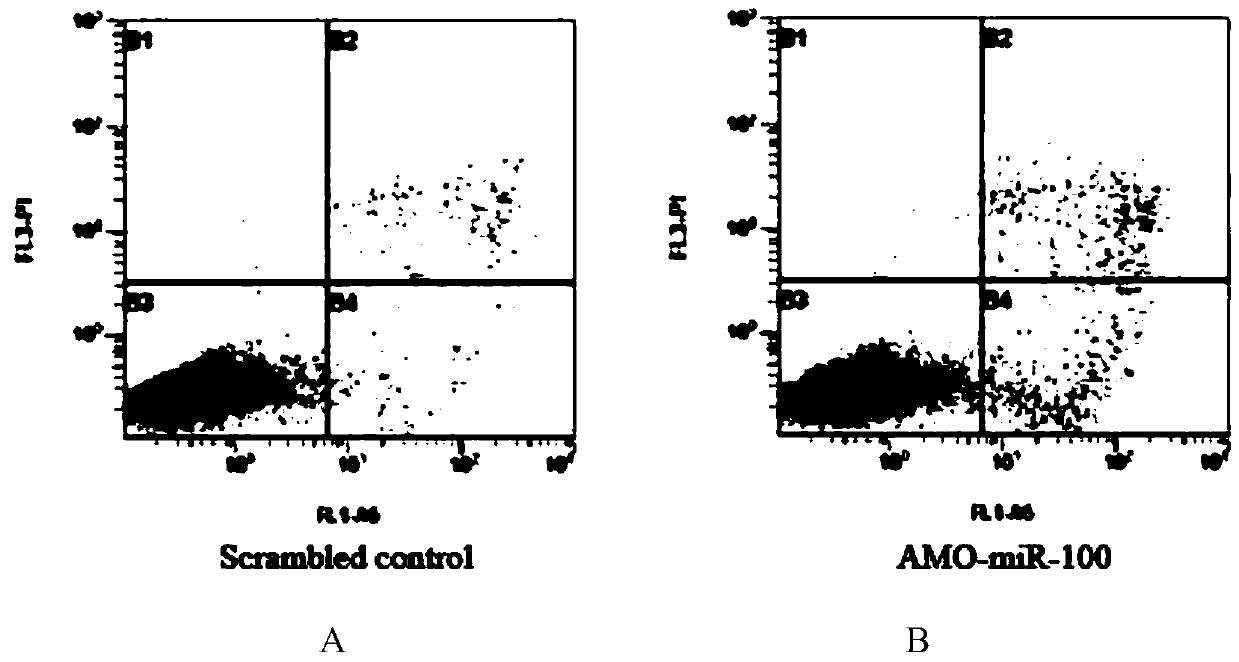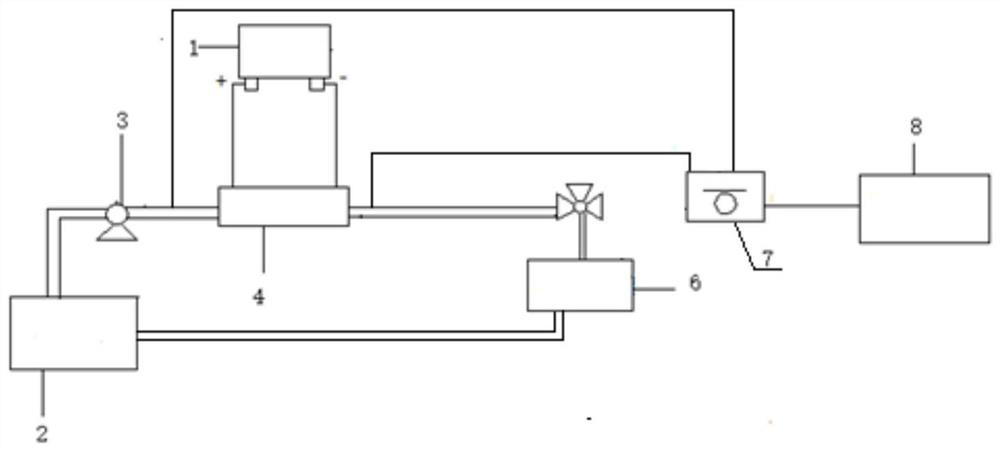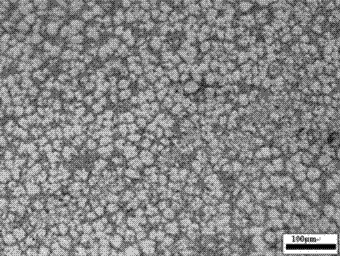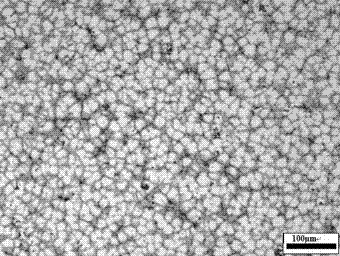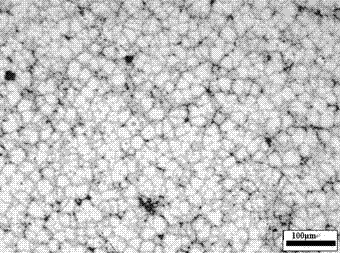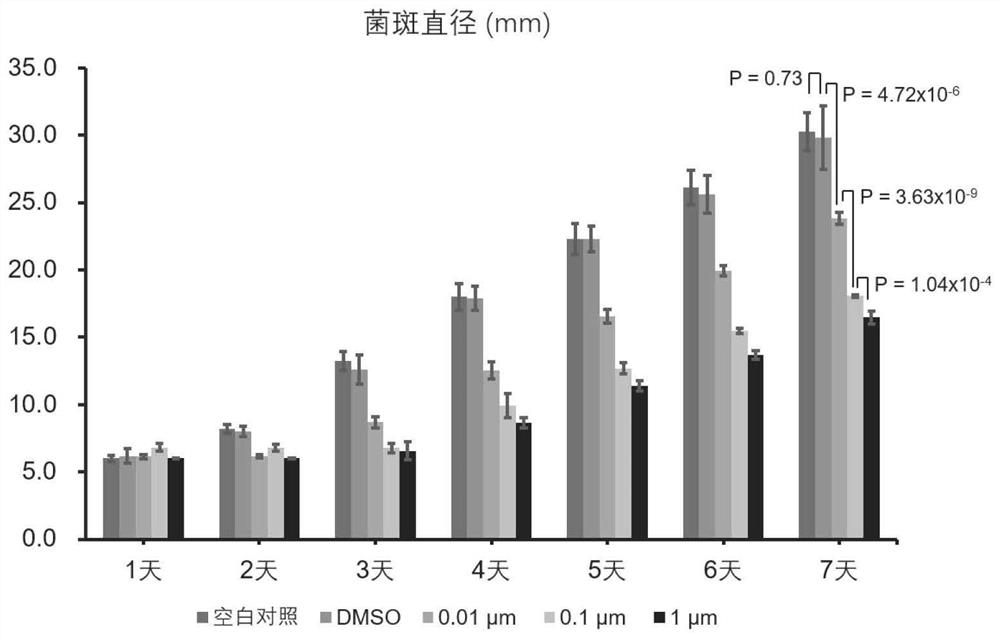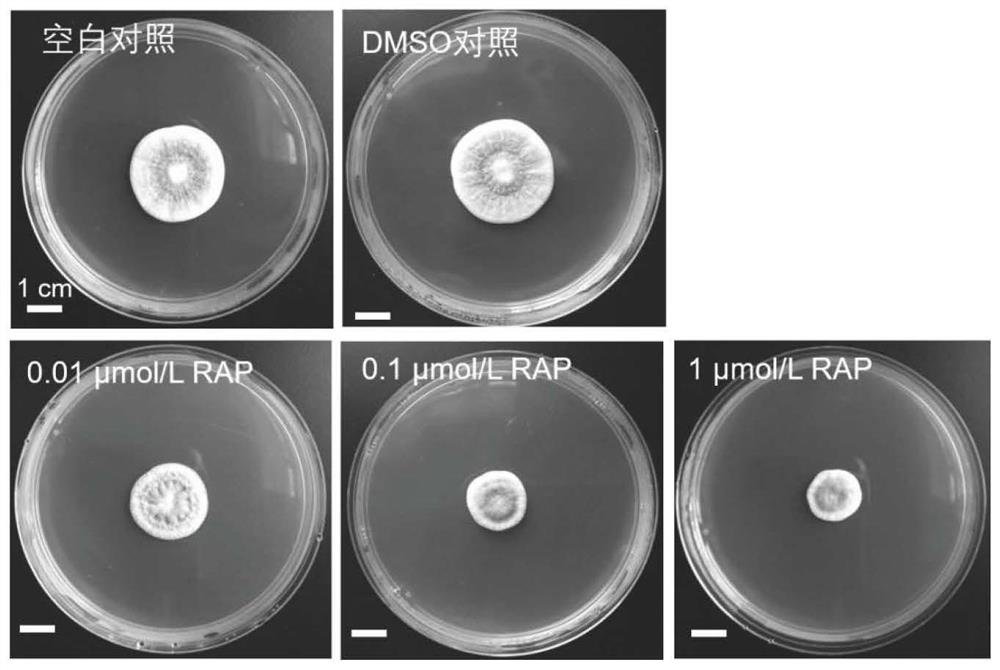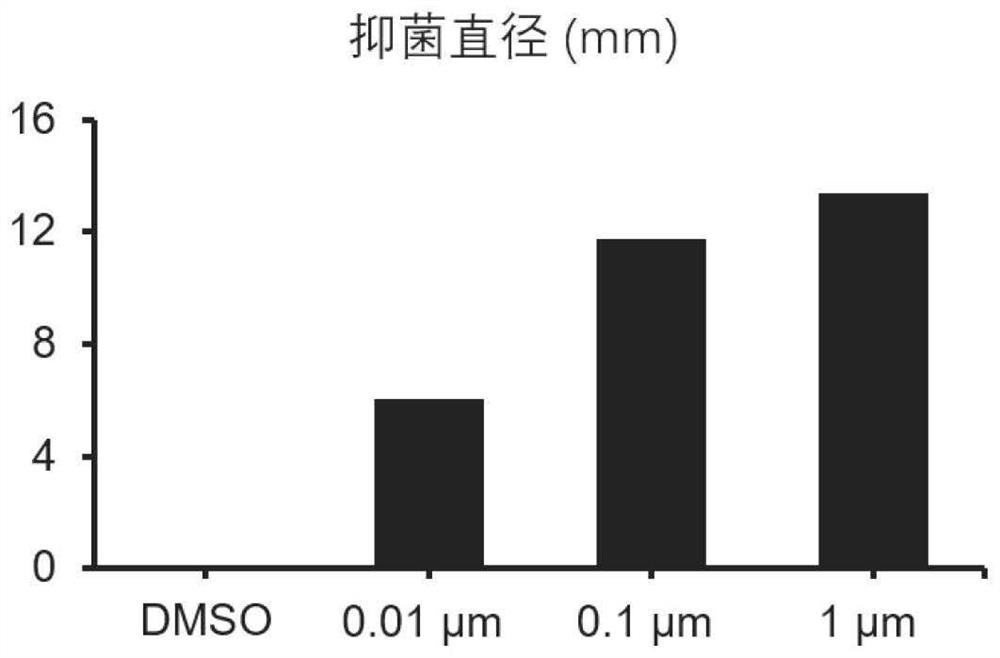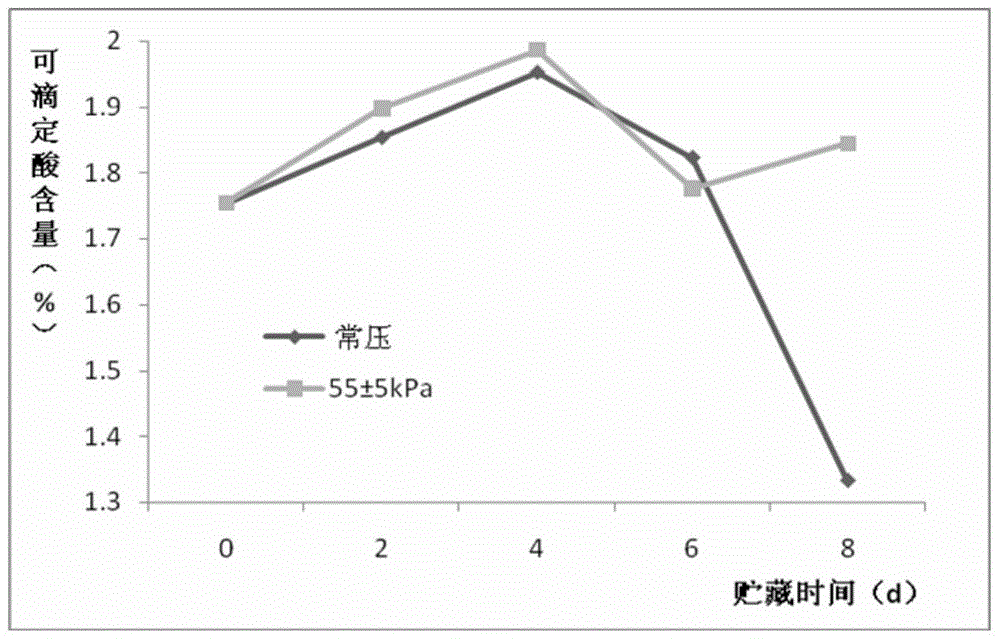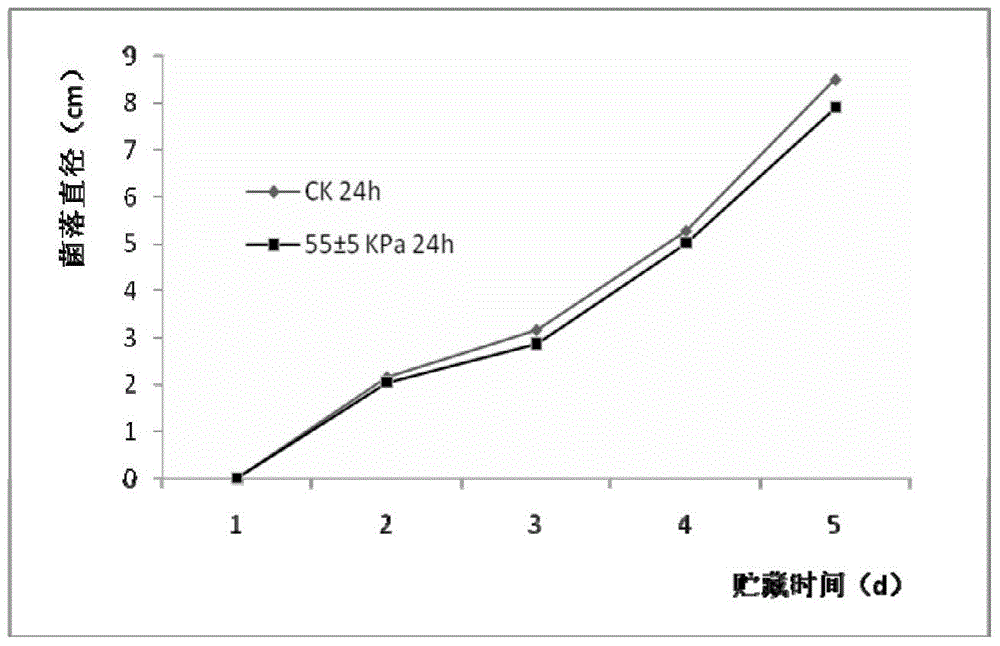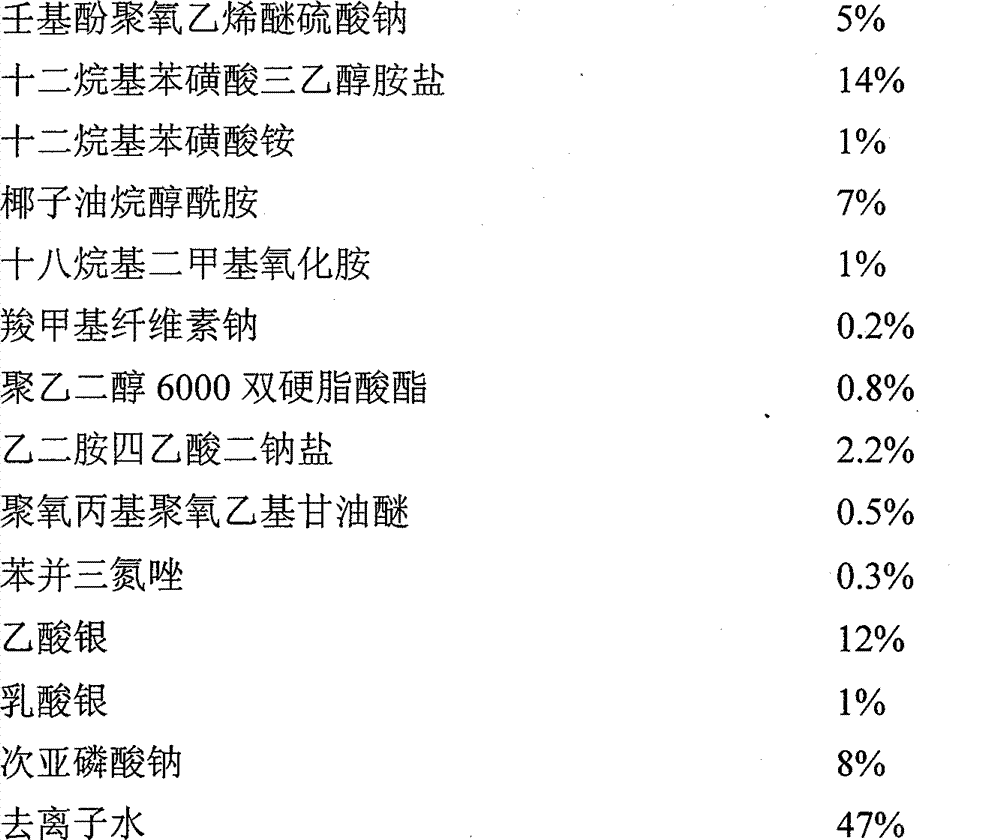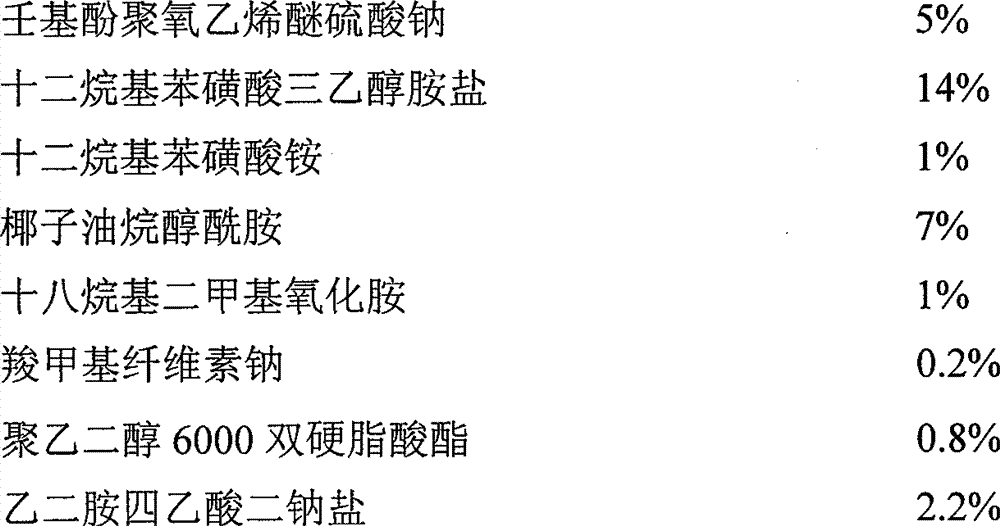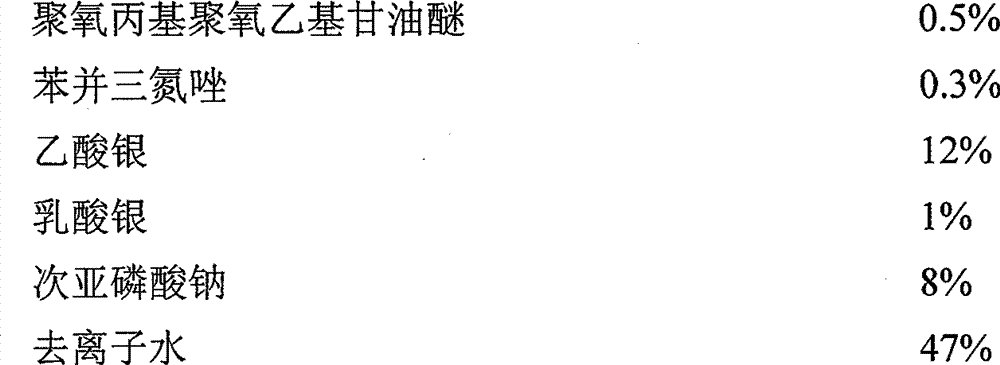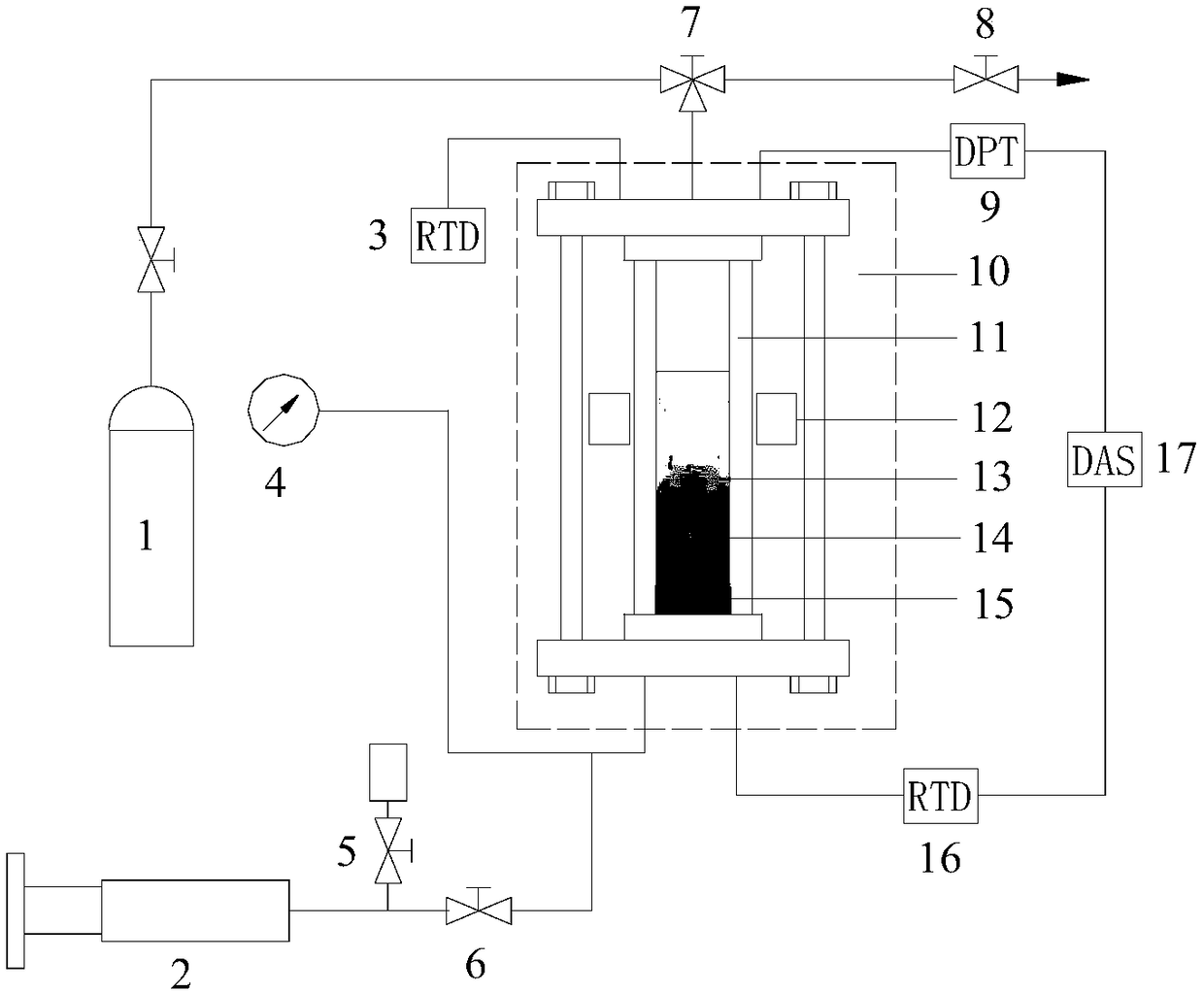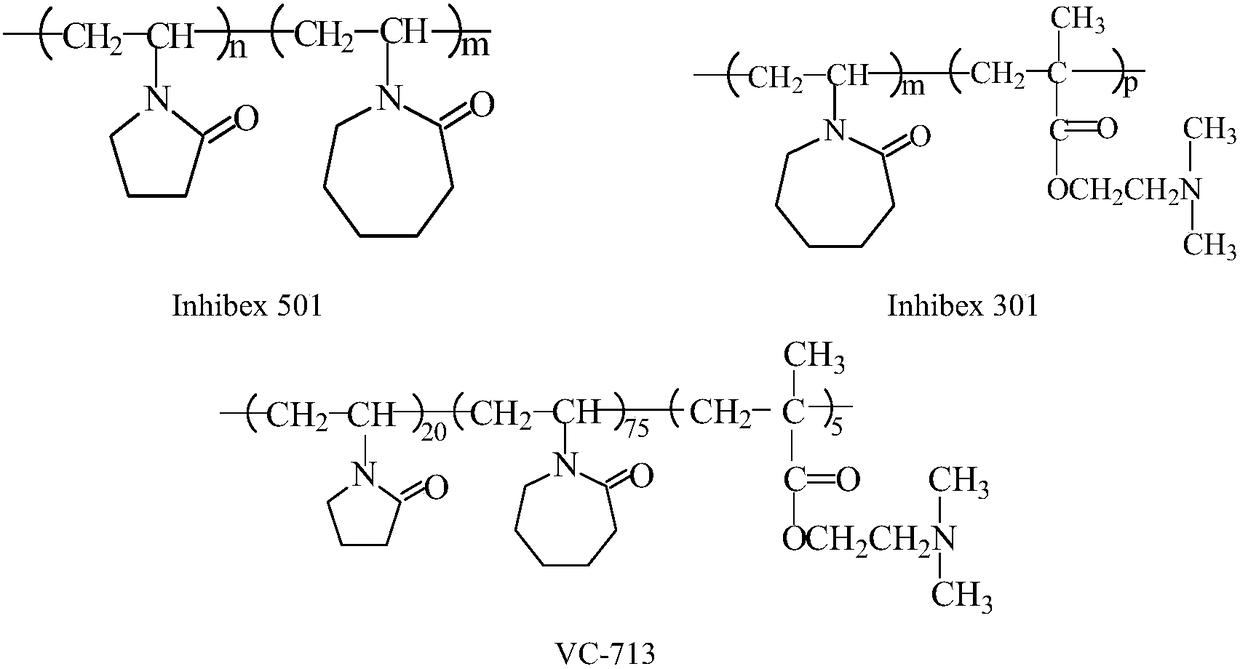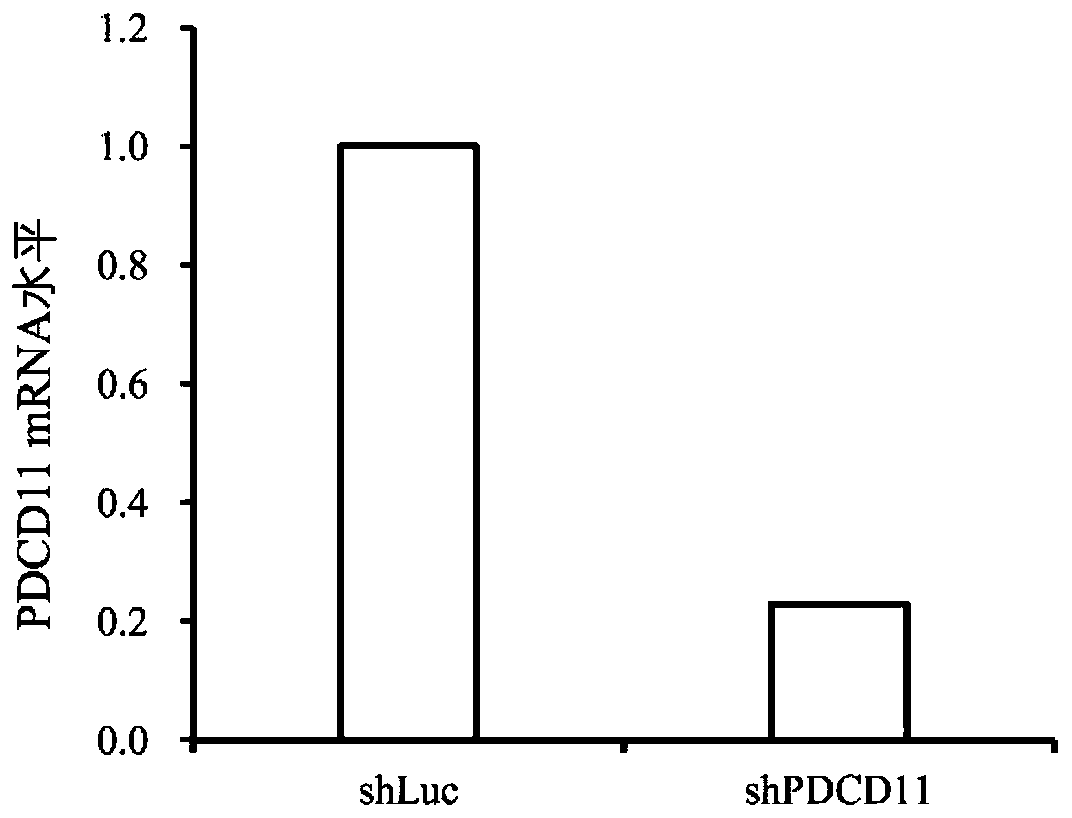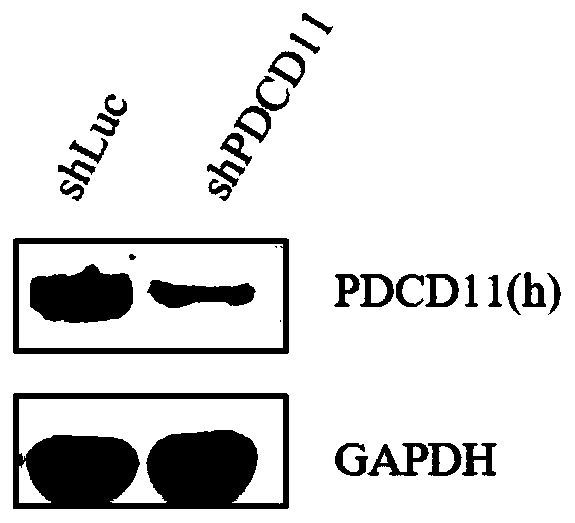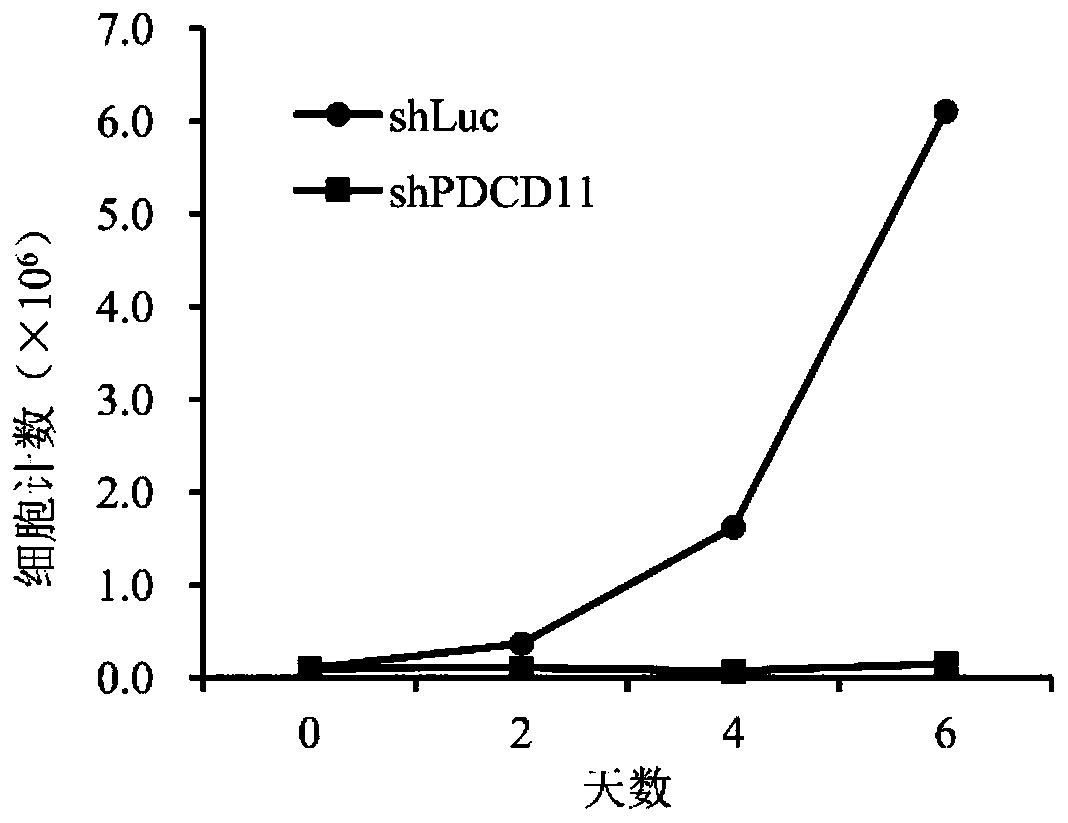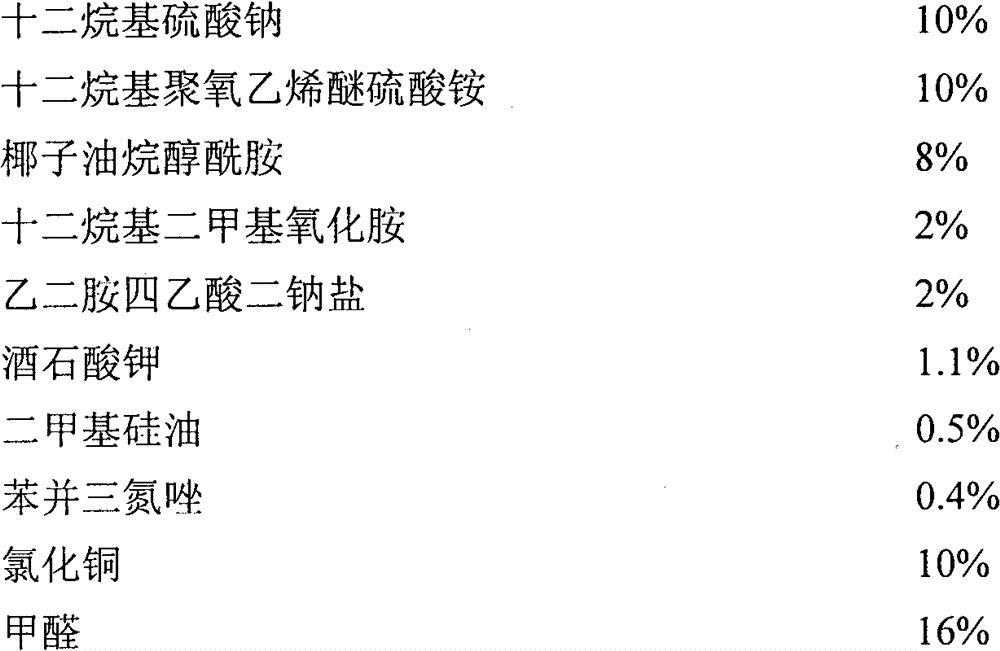Patents
Literature
Hiro is an intelligent assistant for R&D personnel, combined with Patent DNA, to facilitate innovative research.
32results about How to "Growth rate inhibition" patented technology
Efficacy Topic
Property
Owner
Technical Advancement
Application Domain
Technology Topic
Technology Field Word
Patent Country/Region
Patent Type
Patent Status
Application Year
Inventor
Three-dimensional dendritic structure TiO2 array preparation method
The present invention discloses a three-dimensional dendritic structure TiO2 array preparation method, the specific steps are as follows: (1) hydrolysis of tetrabutyl titanate as a titanium source under acidic conditions, and use of conductive glass as a substrate for hydrothermal reaction to obtain a quartet TiO2 nanorod array; and (2) use of the quartet TiO2 nanorod array as a substrate for secondary hydrothermal reaction to obtain a three-dimensional dendritic structure TiO2 array by use of titanium trichloride as a source of titanium. The resulting three-dimensional dendritic structure TiO2 array has a large specific surface area and collimated electron transport channel, helps capture of incident light and transmission of photogenerated charges, and can be used as a light anode material for solar cells and photoelectrochemical decomposition of water.
Owner:HENAN NORMAL UNIV
A method for preparing nanometer copper powder in a small molecule viscous medium
The invention discloses a method for preparing nano copper powder in a micromolecular viscous medium. The method comprises the steps of: by taking a surface active agent, salt, a complexing agent, an antifoaming agent, an antioxidant, cupric salt, a reducing agent and deionized water as raw materials and according to the proportion of (0.001-95 percent) : (0.001-95 percent) : (0.001-80 percent): (0.001-75 percent): (0.001-70 percent): (0.001-75 percent): (0.001-70 percent): (0.001-98 percent), preparing the micromolecular viscous medium by using the surface active agent, the salt, the complexing agent, the antifoaming agent, the antioxidant and the deionized water; adding the cupric salt and uniformly mixing; adding the reducing agent and mixing; adding the deionized water to dilute so asto reduce the degree of viscosity according to a mass ratio of 1:0.5-10 of the total quantity of all materials abovementioned to the deionized water after the reaction completes; and obtaining nano copper powder through filter-pressing, deionized water washing, acetone washing and vacuum drying. According to the method disclosed by the invention, the raw materials selected in the invention are easily available, the manufacturing technique is simple and short, the production efficiency is high, the production cost and the energy compunction are low, and powder has low possibility of agglomeration and has good dispersibility, therefore the method is suitable for large-scale production and solves the problems of easy oxidation and easy agglomeration of the nano copper powder existing in the traditional chemical preparation method.
Owner:NANJING FORESTRY UNIV
Preparation method of anatase nanometer titanium dioxide with exposed high-activity crystal surface
ActiveCN105217678ALower surfaceGrowth rate inhibitionPhysical/chemical process catalystsTitanium dioxideAcetic acidSolvent
The invention provides a preparation method of anatase nanometer titanium dioxide with an exposed high-activity crystal surface. According to the method, isopropyl titanate is used as a titanium source; isopropanol and 1-butyl-3-methylimidazolium tetrafluoroborate ionic liquid are used as morphology control agents; acetic acid is used as a reaction solvent; the nanometer titanium dioxide is prepared by a solvothermal method. The anatase nanometer titanium dioxide containing rich {001} crystal surfaces is prepared by regulating the mole ratio of the acetic acid to the isopropyl titanate, the solvothermal reaction temperature and the solvothermal reaction time. The product prepared by the method has the advantages of high exposure rate of high-activity crystal surfaces {001}, safety, environment-friendly effect and the like.
Owner:SICHUAN UNIVERSITY OF SCIENCE AND ENGINEERING
Recycling method of waste powdered activated carbon
ActiveCN103721692ANo emissionsImprove protectionOther chemical processesCombustible gas purificationActivated carbonMonosodium glutamate
The invention discloses a recycling method of waste powdered activated carbon. According to the technical scheme, the method comprises the following steps: soaking the waste powdered activated carbon generated during the refining of sodium glutamate with a hydrochloric acid in a pickling tank so as to remove partial ash and ferric salt impurities; and adding microorganisms for biological regeneration under the action of an electric field, thus finally preparing regenerated activated carbon. As the method is used, the purpose of treating the waste powdered activated carbon during the production of the sodium glutamate is realized; the recycling of resources is realized; the production cost is decreased. Thus, the significant economic and environment-friendly benefits are obtained.
Owner:HULUNBEIER NORTHEAST FUFENG BIOTECHNOLOGIES CO LTD
High-temperature-resistant, high-strength and beryllium-copper-free wire and preparation method thereof
ActiveCN107400796AImprove performanceLow costConductive materialMetal/alloy conductorsRare-earth elementIndium
The invention discloses a high-temperature-resistant, high-strength and beryllium-copper-free wire and a preparation method thereof. The preparation method comprises steps: S1, high-purity copper, pure iron and a block-shaped covering agent are mixed, molten, kept at the constant temperature and stirred, a copper-nickel alloy, a copper-strontium alloy, a copper-indium alloy, magnesium rods and rare earth element lanthanum are added, the mixture is heated to 1,230-1,260 DEG C, stirred and molten, and copper alloy melt is obtained; S2, component detection is performed on the copper alloy melt; S3, the copper alloy melt obtained in S2 is introduced into a high-vacuum single-roll rotary quenching and spray casting system and heated to 950-970 DEG C for spray casting, air is introduced after cooling, and a thin strip is obtained after balance of atmospheric pressure; S4, the thin strip is subjected to continuous annealing and homogenization in a magnetic field under the condition of 590-630 DEG C, and the high-temperature-resistant, high-strength and beryllium-copper-free wire is obtained through cold rolling and ageing treatment. With the iron-copper alloy as a basis, multiple alloy elements are added in a matched manner to replace conventional beryllium copper alloy materials, the cost is reduced, a reasonable preparation process is matched, and the comprehensive performance of the material is improved.
Owner:安徽晋源铜业有限公司
Novel hydrate dynamics inhibitor and application thereof
InactiveCN105860405AInhibition of nucleationGrowth rate inhibitionDrilling compositionKinetic InhibitorGrowth Agents
The invention provides a novel hydrate dynamics inhibitor. The novel hydrate dynamics inhibitor comprises a hydrate-proof nucleating agent, a hydrate-proof growth agent and an additive. The novel hydrate dynamics inhibitor has the characteristics that the defects of large usage amount, high economic cost, pollution to environments and the like of the traditional thermodynamics inhibitor are well overcome; compared with the conventional hydrate-proof inhibitor and the hydrate polymerization inhibitor, the nucleating and growth rates of the hydrate can be effectively inhibited, and the formation time of the hydrate is prolonged; the large supercooling degree can be borne, the economic effect is realized, the efficiency is high, and the like; the problem of blockage of hydrate in the oil-gas-water three-phase and gas-water two-phase mixed conveying pipelines is effectively solved.
Owner:CHINA PETROLEUM & CHEM CORP +1
Biquaternary ammonium salt and method for synthesizing MFI type molecular sieve and molecular sieve membrane
InactiveCN106830008ABig sizeGrowth rate inhibitionSemi-permeable membranesOrganic compound preparationMolecular sieveReflux
The invention provides a biquaternary ammonium salt template agent which has the chemical structural formula shown in the description, wherein R represents an n-propyl, and X represents any one of Cl, Br and I. A synthesis method of the biquaternary ammonium salt template agent comprises the following steps: dissolving 1, 6-haloalkane and tri-n-propylamine into an organic solvent, fully mixing, placing the mixture into a container for heating reflux at the temperature of 70-150 DEG C, performing a nucleophilic substitution reaction for 12-72h, cooling, recrystallizing and drying, so as to obtain biquaternary ammonium salt, wherein the organic solvent comprises one or more of anhydrous ethanol, ethyl acetate, acetonitrile and butanone. The invention also comprises a method for synthesizing the MFI type molecular sieve by adopting the biquaternary ammonium salt template agent and a method for synthesizing the MFI type molecular sieve membrane by adopting the biquaternary ammonium salt template agent. The biquaternary ammonium salt template agent is prepared by utilizing cheap raw materials and adopting simple synthesis processes; when the MFI type molecular sieve is prepared, the growing rate of a crystal of the MFI type molecular sieve in a b-axis direction can be increased, therefore, the dimension of the crystal in the b-axis direction is enlarged, and the growing rate of the crystal in an a-axis direction is inhibited.
Owner:NINGXIA UNIVERSITY
Composite component of lead oxide and graphene oxide and preparation method thereof
InactiveCN109728270AComponent configuration is reasonableRaw materials are easy to getCell electrodesLead oxideLead acetate
The invention discloses a composite component of lead oxide and graphene oxide. The composite component comprises the following components metered by mass ratio that: graphene oxide:dispersant:sodiumborohydride is 1:1:10, lead acetate:sodium carbonate is 3:1, wherein graphene oxide:lead acetate is 1:20 to 1:60. The present invention further comprises a matching preparation method. The method comprises the steps of: adding weighed graphene oxide to a mixer, adding lead acetate for uniform stirring, and adding the dispersant for stirring to form a mixed solution; adding the weighed sodium borohydride into the mixed solution, heating the mixed solution to the temperature of 80+-5 DEG C in the stirring process, and performing reaction in the temperature condition; and adding the weighed sodium carbonate in the stirring state, and obtaining a mixed suspension of graphene oxide and sodium carbonate after stirring, performing filtering and cleaning of the suspension to obtain a precipitate,putting the precipitate into an experimental atmosphere electric furnace for heating, and performing calcination in the argon shield to obtain the composite component of lead oxide and graphene oxide.
Owner:SHUANGDENG GRP
Bismuth vanadate@silver phosphate/graphene oxide composite photocatalyst as well as preparation method and application thereof
ActiveCN113070082ALarge specific surface areaTransport stablePhysical/chemical process catalystsWater/sewage treatment by irradiationHeterojunctionBismuth vanadate
The invention discloses a bismuth vanadate@silver phosphate / graphene oxide composite photocatalyst as well as a preparation method and application thereof, and belongs to the technical field of photocatalytic materials. The preparation method comprises the following steps of: growing needle-like silver phosphate on the surface of bismuth vanadate by adopting an in-situ precipitation method to obtain bismuth vanadate@silver phosphate with a heterojunction structure; and coating the bismuth vanadate@silver phosphate with a heterojunction structure by using graphene oxide to obtain the bismuth vanadate@silver phosphate / graphene oxide composite photocatalyst. In the prepared bismuth vanadate@silver phosphate / graphene oxide composite photocatalyst, needle-like silver phosphate grows on the surface of bismuth vanadate in situ to form a heterojunction structure, and the surface of the bismuth vanadate is coated with graphene oxide nanosheets. The bismuth vanadate@silver phosphate / graphene oxide composite photocatalyst can be applied to treatment of water containing organic pollutants, the organic pollutants are subjected to photocatalytic degradation under visible light irradiation, and good stability and excellent photocatalytic activity are kept.
Owner:SHAANXI UNIV OF SCI & TECH
Zinc-aluminum-yttrium master alloy refiner and preparation method as well as application thereof
The invention discloses a zinc-aluminum-yttrium master alloy refiner. The zinc-aluminum-yttrium master alloy refiner is characterized by comprising the following components: 2-7% of Y, 12-45% of Al and the balance of Zn, wherein the element Y is embedded in the zinc-aluminum alloy matrix in the form of YZnb-aAla or YAl3-cZnc compound particles, a is larger than 0 and smaller than 5, b equals to 8.5, 10 or 12 and c is larger than 0 and smaller than 1. The invention further discloses a preparation method and application of the zinc-aluminum-yttrium master alloy refiner. According to the zinc-aluminum-yttrium master alloy refiner and the preparation method as well as application thereof, the zinc-aluminum-yttrium master alloy refiner prepared by adopting the preparation method can be added into hypoeutectic zinc-aluminum alloy, so that fine-sized and unramified spherical or polyhedral primary Eta-Zn equiaxed grains can be obtained, and an advantageous effect on the microstructure optimization, casting technique property and use performance of the zinc-aluminum alloy is realized.
Owner:UNIV OF JINAN
A cathode and anode bed regeneration waste acid and alkali water treatment device for chlor-alkali industry
ActiveCN113582315BGrowth rate inhibitionAchieve high growthWater contaminantsWater/sewage treatment by heatingWastewaterEngineering
The invention relates to the field of chemical wastewater treatment, in particular to a cathode and anode bed regeneration waste acid and alkali water treatment device for the chlor-alkali industry. In order to solve the technical problem that the waste acid and alkali water cannot be efficiently contacted with sea salt, which will inhibit the growth rate of new precipitation, and the flow of calcium precipitation into the next sedimentation tank will affect the precipitation of magnesium ions, the present invention provides such a chlor-alkali industrial The cathode and anode bed regeneration waste acid and alkali water treatment device includes a collection assembly, a stirring assembly, and a middle sleeve assembly, etc.; the main support is fixed with a middle sleeve assembly that provides a central collection chamber for sea salt. In this technical solution, a central isolation treatment chamber is added to react the newly introduced waste acid-base water with sea salt, and divert the newly formed sediment to the bilge in time to realize the high-speed growth of calcium precipitation, and at the same time discontinuously The generated precipitates are collected to keep the calcium precipitates in the cabin at a low level and further promote the high-speed growth of calcium precipitates.
Owner:东营辰鑫应用技术开发有限公司
Method for preparing carbon nanospheres through cooperation of pressure and dispersing agent
InactiveCN112079347AAccelerates the rate of conversion to 5-hydroxymethylfurfural (HMF)Increase speedMaterial nanotechnologyNano-carbonPhysical chemistryPolyphosphate
The invention relates to a carbon nanosphere preparation technology, in particular to a method for preparing carbon nanospheres through cooperation of pressure and a dispersing agent, and solves the problems that in an existing carbon nanosphere synthesis method, carbon spheres are prone to adhesion, and the yield is low. The method comprises the following steps: S1, preparing a mixed solution ofglucose and a dispersing agent, wherein the dispersing agent is sodium polyphosphate, and the mass ratio of glucose to sodium polyphosphate is 1: 0.003-1: 0.01; s2, putting the mixed solution preparedin the step S1 into a high-pressure kettle, sealing the high-pressure kettle, introducing inert gas through a gas inlet, and pressurizing to enable the initial pressure in the kettle to be 0.5-4.0 MPa; S3, heating the autoclave in the step S2 to carry out hydrothermal synthesis reaction to obtain a solution of carbon nanospheres; and S4, washing and drying the carbon nanosphere solution obtainedin the step S3 to obtain the carbon nanospheres. According to the method, the carbon nanospheres with adjustable particle size of 75-96nm, good dispersity, uniform size and high yield can be obtainedby changing the pressure and the dosage of the dispersing agent, and theoretical and technical supports are provided for large-scale industrial production.
Owner:陕西地建土地工程技术研究院有限责任公司
Brassica rapa regeneration system establishment and anther culture method
PendingCN113287526ABreak dormancyGrowth rate inhibitionHorticulture methodsPlant tissue cultureSeed dormancyGrowth plant
The invention belongs to the technical field of plant culture, and discloses a brassica rapa regeneration system establishment and anther culture method. The method comprises the following steps: analyzing the influence of different soaking times, different disinfection modes and dark culture at different times on seed germination indexes and growth indexes through a single factor experiment to obtain the optimal soaking time, disinfection mode and dark treatment time; comparing the influence of different hormone combinations on the induction and differentiation rates of different explant calluses, so as to screen out the optimal differentiation culture medium. According to the influence of different soaking times on the seed germination indexes, the optimal soaking time of soaking in sterile water for 6 hours is obtained, so that the seed dormancy can be broken, and the rooting and germination of the seeds can be accelerated; and different disinfection modes have different influences on the germination indexes and growth indexes of the explants, and according to the method, the seeds soaked for 6 hours are disinfected with a 3% sodium hypochlorite solution for 10 minutes and then are subjected to dark culture for 3 days, so that the aim of consistent seed germination and plant growth can be achieved.
Owner:GANSU AGRI UNIV
Preparation method of high-rate Prussian blue sodium ion battery positive electrode material
PendingCN114853032AInhibition of nucleationGrowth rate inhibitionIron cyanidesSecondary cellsCyanidePhysical chemistry
The invention provides a preparation method of a high-rate Prussian blue sodium ion battery positive electrode material. According to the method, the high-magnification Prussian blue material is prepared on the basis of the low-temperature water bath reaction of ferrocyanide and a coordination agent water solution, the consistency of the solution and the coordination effect with iron ions are achieved only through a low-concentration coordination agent, the nucleation rate of Prussian blue is effectively inhibited, the vacancy and water molecule content in a Prussian framework is reduced, and the yield of the Prussian blue material is increased. And the rate capability is obviously improved. The method has the advantages of environmental friendliness, low reaction temperature, low cost and the like.
Owner:NORTHWESTERN POLYTECHNICAL UNIV
Application of a kind of mir-100 inhibitor in preparation of medicine for treating breast cancer
ActiveCN103893780BGrowth rate inhibitionInduce apoptosisGenetic material ingredientsAntineoplastic agentsAntisense nucleic acidApoptosis
The invention discloses application of a miR-100 inhibitor in preparation of a medicine for treating a breast cancer. The miR-100 inhibitor is a miR-100 antisense nucleic acid chain, and the sequence is 5'-TTCGGATCTACGGGTT-3'. The miR-100 inhibitor disclosed by the invention can induce apoptosis of tumor cells, growth of tumors in tumor transplanted mice can be effectively induced, the sensitivity of breast cancer cells on chemotherapy medicines is increased, the effect of chemotherapy is improved, and the miR-100 is a latent new target for the medicine for treating the breast cancer, and is a new path for medical therapy.
Owner:ZHEJIANG UNIV +1
A high-temperature-resistant high-strength beryllium-free copper wire and its preparation method
ActiveCN107400796BImprove conductivityInhibition of segregationConductive materialMetal/alloy conductorsRare-earth elementIndium
The invention discloses a high-temperature-resistant, high-strength and beryllium-copper-free wire and a preparation method thereof. The preparation method comprises steps: S1, high-purity copper, pure iron and a block-shaped covering agent are mixed, molten, kept at the constant temperature and stirred, a copper-nickel alloy, a copper-strontium alloy, a copper-indium alloy, magnesium rods and rare earth element lanthanum are added, the mixture is heated to 1,230-1,260 DEG C, stirred and molten, and copper alloy melt is obtained; S2, component detection is performed on the copper alloy melt; S3, the copper alloy melt obtained in S2 is introduced into a high-vacuum single-roll rotary quenching and spray casting system and heated to 950-970 DEG C for spray casting, air is introduced after cooling, and a thin strip is obtained after balance of atmospheric pressure; S4, the thin strip is subjected to continuous annealing and homogenization in a magnetic field under the condition of 590-630 DEG C, and the high-temperature-resistant, high-strength and beryllium-copper-free wire is obtained through cold rolling and ageing treatment. With the iron-copper alloy as a basis, multiple alloy elements are added in a matched manner to replace conventional beryllium copper alloy materials, the cost is reduced, a reasonable preparation process is matched, and the comprehensive performance of the material is improved.
Owner:安徽晋源铜业有限公司
A method for slowing membrane fouling in membrane capacitive deionization system
ActiveCN107381730BOvercome serious pollution problemsExtended service lifeSpecific water treatment objectivesDispersed particle separationEthylene diamineBiofilm
Owner:HOHAI UNIV
Method for obtaining fine primary alpha-Al equiaxed grains in zinc-aluminum alloy
The invention discloses a method for obtaining fine primary alpha-Al equiaxed grains in a zinc-aluminum alloy. The method comprises the steps of melting the zinc-aluminum alloy to 100-200 DEG C above the liquidus line so as to obtain a zinc-aluminum alloy melt; simultaneously adding zirconium, cerium and magnesium elements into the zinc-aluminum alloy melt, continuously keeping the temperature for 8-20 minutes and carrying out efficient stirring to enable the zirconium, cerium and magnesium elements to be uniformly distributed in the zinc-aluminum alloy melt so as to obtain the final alloy melt; and pouring the final alloy melt into a mold, and carrying out cooling so as to obtain the zinc-aluminum alloy containing the fine primary alpha-Al equiaxed grains. The method has the advantage that the obtained fine unramified spherical or polyhedral alpha-Al axial grains can generate the advantageous effect on the optimization, the casting processing performance and the use performance of the structure of the zinc-aluminum alloy.
Owner:UNIV OF JINAN
Application of rapamycin in inhibiting growth of penicillium citrinum
PendingCN114568490AGrowth rate inhibitionReduce usageFruit and vegetables preservationFood ingredient for microbe protectionPenicilliumCitrus volkameriana
The invention relates to novel application of rapamycin, in particular to application of rapamycin in inhibiting growth of penicillium italicum, specifically, 0.01 mu mol / L rapamycin has a relatively strong inhibiting effect on growth of penicillium italicum, and the inhibiting effect on growth of the penicillium italicum is increased along with increase of the concentration of the rapamycin. According to the invention, the TOR protein specific inhibitor rapamycin is used for preventing and treating the citrus penicilliosis for the first time. Researches find that the low-concentration rapamycin can effectively inhibit the growth rate of penicillium italicum, a new choice is provided for preventing and treating citrus penicilliosis, and a very significant basis is provided for selection research of new drugs and compound reagents of citrus preservatives; the method has important potential application value in the aspects of reduction of use of harmful chemical preservatives and green and sustainable development of citrus storage and preservation.
Owner:眉山职业技术学院(眉山技师学院)
A kind of preservation method of mulberry
ActiveCN104351327BSecurity advantageAvoid severe dehydrationFruit and vegetables preservationReduction treatmentDisease damage
The invention belongs to the technical field of storage preservation of agricultural products, and particularly relates to a preservation method for mulberries. The method is implemented by the following steps: (1) preparing raw materials, wherein the storage mulberries are mature fruits free of mechanical damage and pest and disease damage; (2) performing short-time pressure reduction treatment, to be specific, separately packaging the mulberries in step (1) in PET (polyethylene glycol terephthalate) plastic boxes, placing the separately packaged mulberries in a (45-65)+ / -5kPa pressure tank, taking out the mulberries from the pressure tank after 12 to 24 hours, and placing the mulberries under normal pressure; (3) storing the mulberries in a cold storage or an air-conditioning cold storage until a storage period is ended. According to the method, the problems of short storage period and high rotting rate of a conventional mulberry storage method are solved, the storage period of the mulberries is prolonged from original 1 day to 3 to 8 days, and compared with a chemical substance preservation method, the method has a safety advantage.
Owner:ZHEJIANG ACADEMY OF AGRICULTURE SCIENCES
Method for preparing nano silver powder in viscous medium
InactiveCN102303125BReduce migration rateEffective control of unit cell growth rateFiltrationSodium nonylphenol polyoxyethylene ether sulfate
The invention discloses a method for preparing nano silver powder in viscous medium. The method comprises the following steps of: mixing sodium nonylphenol polyoxethyiene ether sulfate, TEA dodecylbenzenesulfonate, ammonium dodecylbenzenesulphonate, coconut oil alcohol acylamide, octadecyl dimethyl amine oxide, sodium carboxymethylcellulose, polyoxyethylene glycol 6000 bisstearate, ethylenediamine tetraacetic acid disodium salt, ethylene oxide, benzotriazole and deion water and stirring uniformly, preparing the viscous medium, adding silver acetate and silver lactate and stirring uniformly, adding sodium hypophosphite and stirring till full reaction, then adding the deion water for dilution according to a ratio of 1:1.5 of the all material amount to the deion water, reducing the viscosity, and obtaining the nano silver powder by pressure filtration, washing with the deionized water, washing with acetone and vacuum drying. The selected raw materials are easily obtained; the method is short in production process, high in production efficiency, low in production cost and low in energy consumption; the powder is not easily agglomerated, and the powder has good dispersibility; and the method is suitable for large-scale production, and solves the problems that the nano silver powder prepared by the conventional chemical preparation method is easily oxidized and easily agglomerated.
Owner:NANJING FORESTRY UNIV
A method for obtaining fine primary α-al equiaxed grains in zinc-aluminum alloys
The invention discloses a method for obtaining fine primary alpha-Al equiaxed grains in a zinc-aluminum alloy. The method comprises the steps of melting the zinc-aluminum alloy to 100-200 DEG C above the liquidus line so as to obtain a zinc-aluminum alloy melt; simultaneously adding zirconium, cerium and magnesium elements into the zinc-aluminum alloy melt, continuously keeping the temperature for 8-20 minutes and carrying out efficient stirring to enable the zirconium, cerium and magnesium elements to be uniformly distributed in the zinc-aluminum alloy melt so as to obtain the final alloy melt; and pouring the final alloy melt into a mold, and carrying out cooling so as to obtain the zinc-aluminum alloy containing the fine primary alpha-Al equiaxed grains. The method has the advantage that the obtained fine unramified spherical or polyhedral alpha-Al axial grains can generate the advantageous effect on the optimization, the casting processing performance and the use performance of the structure of the zinc-aluminum alloy.
Owner:UNIV OF JINAN
A kind of hydrate kinetic inhibitor and its application
InactiveCN105860405BInhibition of nucleationGrowth rate inhibitionDrilling compositionKinetic InhibitorGrowth Agents
The invention provides a novel hydrate dynamics inhibitor. The novel hydrate dynamics inhibitor comprises a hydrate-proof nucleating agent, a hydrate-proof growth agent and an additive. The novel hydrate dynamics inhibitor has the characteristics that the defects of large usage amount, high economic cost, pollution to environments and the like of the traditional thermodynamics inhibitor are well overcome; compared with the conventional hydrate-proof inhibitor and the hydrate polymerization inhibitor, the nucleating and growth rates of the hydrate can be effectively inhibited, and the formation time of the hydrate is prolonged; the large supercooling degree can be borne, the economic effect is realized, the efficiency is high, and the like; the problem of blockage of hydrate in the oil-gas-water three-phase and gas-water two-phase mixed conveying pipelines is effectively solved.
Owner:CHINA PETROLEUM & CHEM CORP +1
Multi-functional ceramic tile cleaner
InactiveCN107674774AGrowth inhibitionEasy to cleanInorganic/elemental detergent compounding agentsPolymeric surface-active compoundsMetallurgyMaterials science
The invention provides a multi-functional ceramic tile cleaner. The multi-functional ceramic tile cleaner can modify the surface properties of the ceramic tile while cleaning the ceramic tile and reduce the bonding firmness of pollutants on the surface of the ceramic tile so that in later cleaning, the ceramic tile is washed only through water and then is dried through a wipe so that the ceramic tile is bright as new. The multi-functional ceramic tile cleaner can keep the ceramic tile clean for a long time, greatly reduce the cleaning frequency and save energy and labor.
Owner:QINGDAO UNIV
Method for slowing membrane pollution in membrane capacitance deionization system
ActiveCN107381730AOvercome serious pollution problemsExtended service lifeSpecific water treatment objectivesDispersed particle separationEthylene diamineCapacitance
The invention discloses a method for slowing membrane pollution in a membrane capacitance deionization system. The method is based on a biological treatment method, EDTA (ethylene diamine tetraacetic acid) with a certain concentration is added into inflow water with microbial carriers, and forming of membrane pollution is slowed by soluble calcium salt and ammonium chloride. By the method, the membrane capacitance deionization system can effectively inhibit growth rate of a biological membrane in long-time desalination treatment, the thickness of a gel layer of the surface of the membrane is remarkably reduced, the desalination efficiency of the membrane capacitance deionization system is greatly improved, and the method solves the problem of serious membrane pollution in the membrane capacitance deionization system to some extent, so that the service life of the membrane is prolonged.
Owner:HOHAI UNIV
A preparation method of anatase nano-titanium dioxide exposed highly active crystal facets
ActiveCN105217678BLower surfaceGrowth rate inhibitionPhysical/chemical process catalystsTitanium dioxideCrystal planeSolvent
The invention provides a preparation method of anatase nanometer titanium dioxide with an exposed high-activity crystal surface. According to the method, isopropyl titanate is used as a titanium source; isopropanol and 1-butyl-3-methylimidazolium tetrafluoroborate ionic liquid are used as morphology control agents; acetic acid is used as a reaction solvent; the nanometer titanium dioxide is prepared by a solvothermal method. The anatase nanometer titanium dioxide containing rich {001} crystal surfaces is prepared by regulating the mole ratio of the acetic acid to the isopropyl titanate, the solvothermal reaction temperature and the solvothermal reaction time. The product prepared by the method has the advantages of high exposure rate of high-activity crystal surfaces {001}, safety, environment-friendly effect and the like.
Owner:SICHUAN UNIVERSITY OF SCIENCE AND ENGINEERING
PDCD11-shRNA and application of PDCD11-shRNA in treatment of colorectal cancer
ActiveCN111394352AInhibition of proliferation rateReduced expression levelOrganic active ingredientsAntineoplastic agentsOncologyTumor cells
The invention provides PDCD11-shRNA. The PDCD11-shRNA is a shRNA molecule which is designed according to a gene sequence of nucleolin PDCD11 and targets to PDCD11; and the PDCD11-shRNA can remarkablyinhibit the growth of human colorectal cancer cells HCT116. The sequence of the PDCD11-shRNA disclosed by the invention is as shown in SEQ ID No. 1. The PDCD11-shRNA of the invention has the advantages that the expression level of PDCD11 in HCT116 tumor cells can be remarkably reduced, and the proliferation rate of the cells is remarkably inhibited. Therefore, the shPDCD11 molecule designed by theinvention has the potential of treating colorectal cancer.
Owner:YANGZHOU UNIV
Method for preparing nano copper powder in micromolecular viscous medium
InactiveCN102274979BReduce migration rateReduce the rate of mutual accumulationAntioxidantMass ratio
The invention discloses a method for preparing nano copper powder in a micromolecular viscous medium. The method comprises the steps of: by taking a surface active agent, salt, a complexing agent, an antifoaming agent, an antioxidant, cupric salt, a reducing agent and deionized water as raw materials and according to the proportion of (0.001-95 percent) : (0.001-95 percent) : (0.001-80 percent): (0.001-75 percent): (0.001-70 percent): (0.001-75 percent): (0.001-70 percent): (0.001-98 percent), preparing the micromolecular viscous medium by using the surface active agent, the salt, the complexing agent, the antifoaming agent, the antioxidant and the deionized water; adding the cupric salt and uniformly mixing; adding the reducing agent and mixing; adding the deionized water to dilute so asto reduce the degree of viscosity according to a mass ratio of 1:0.5-10 of the total quantity of all materials abovementioned to the deionized water after the reaction completes; and obtaining nano copper powder through filter-pressing, deionized water washing, acetone washing and vacuum drying. According to the method disclosed by the invention, the raw materials selected in the invention are easily available, the manufacturing technique is simple and short, the production efficiency is high, the production cost and the energy compunction are low, and powder has low possibility of agglomeration and has good dispersibility, therefore the method is suitable for large-scale production and solves the problems of easy oxidation and easy agglomeration of the nano copper powder existing in the traditional chemical preparation method.
Owner:NANJING FORESTRY UNIV
Zinc-aluminum-yttrium master alloy refining agent and its preparation method and application
The invention discloses a zinc-aluminum-yttrium master alloy refiner. The zinc-aluminum-yttrium master alloy refiner is characterized by comprising the following components: 2-7% of Y, 12-45% of Al and the balance of Zn, wherein the element Y is embedded in the zinc-aluminum alloy matrix in the form of YZnb-aAla or YAl3-cZnc compound particles, a is larger than 0 and smaller than 5, b equals to 8.5, 10 or 12 and c is larger than 0 and smaller than 1. The invention further discloses a preparation method and application of the zinc-aluminum-yttrium master alloy refiner. According to the zinc-aluminum-yttrium master alloy refiner and the preparation method as well as application thereof, the zinc-aluminum-yttrium master alloy refiner prepared by adopting the preparation method can be added into hypoeutectic zinc-aluminum alloy, so that fine-sized and unramified spherical or polyhedral primary Eta-Zn equiaxed grains can be obtained, and an advantageous effect on the microstructure optimization, casting technique property and use performance of the zinc-aluminum alloy is realized.
Owner:UNIV OF JINAN
Preparation method of model tooth composite ceramic material for teaching
ActiveCN114773037AHard textureUniform textureEducational modelsCeramic materials productionOral medicineComposite ceramic
The invention discloses a preparation method of a model tooth composite ceramic material for teaching, which comprises the following steps: mixing corundum and flint clay powder aggregate with a certain granularity with a sintering aid magnesium oxide and calcium oxide powder according to a certain proportion to serve as a model tooth outer layer ceramic raw material; the preparation method comprises the following steps: mixing flint clay powder aggregate with a certain particle size and sintering aid magnesium oxide and calcium oxide powder according to a certain proportion, taking the mixture as a model tooth internal ceramic raw material, carrying out mold pressing under a certain pressure to form a powder blank, and carrying out sintering molding at a certain temperature for a certain time to obtain the model tooth composite ceramic material for teaching. The model tooth is used for tooth grinding practice of oral medical students. The model tooth is rich in material source, low in preparation cost, similar to a true tooth in structure, similar to enamel in outer layer thickness, hardness and strength, similar to dentin in inner layer hardness and strength and similar to true tooth grinding in tooth grinding feeling, and is suitable for being used as a model tooth consumable for tooth grinding practice in teaching in the department of stomatology.
Owner:SOUTHEAST UNIV
Features
- R&D
- Intellectual Property
- Life Sciences
- Materials
- Tech Scout
Why Patsnap Eureka
- Unparalleled Data Quality
- Higher Quality Content
- 60% Fewer Hallucinations
Social media
Patsnap Eureka Blog
Learn More Browse by: Latest US Patents, China's latest patents, Technical Efficacy Thesaurus, Application Domain, Technology Topic, Popular Technical Reports.
© 2025 PatSnap. All rights reserved.Legal|Privacy policy|Modern Slavery Act Transparency Statement|Sitemap|About US| Contact US: help@patsnap.com

